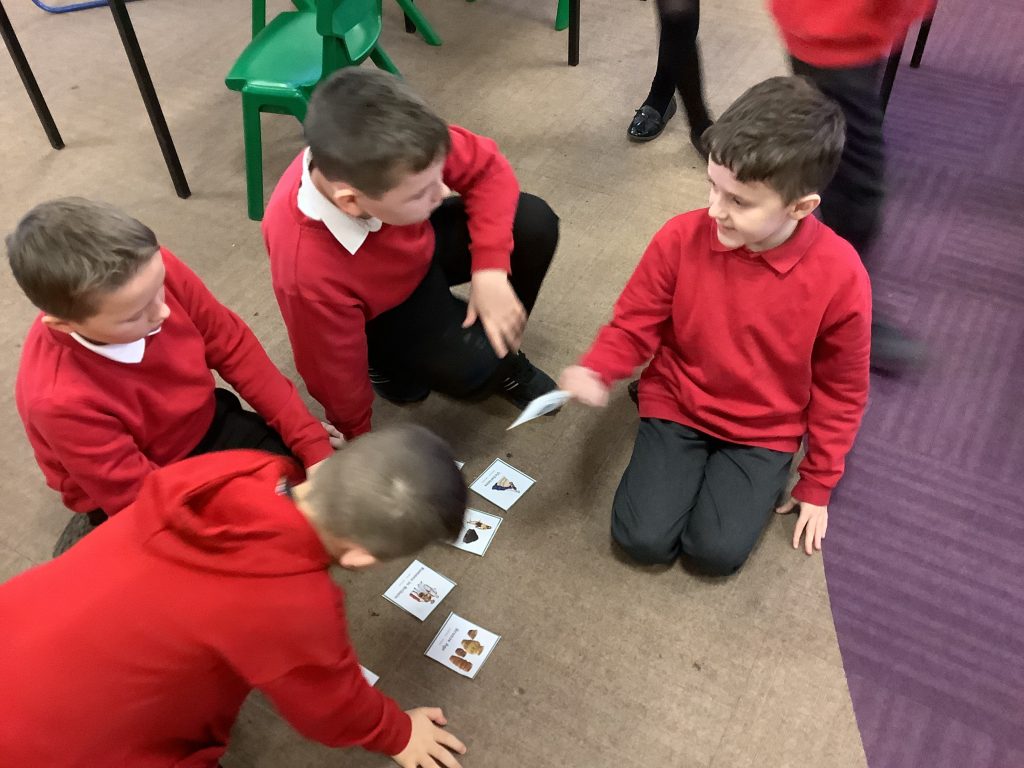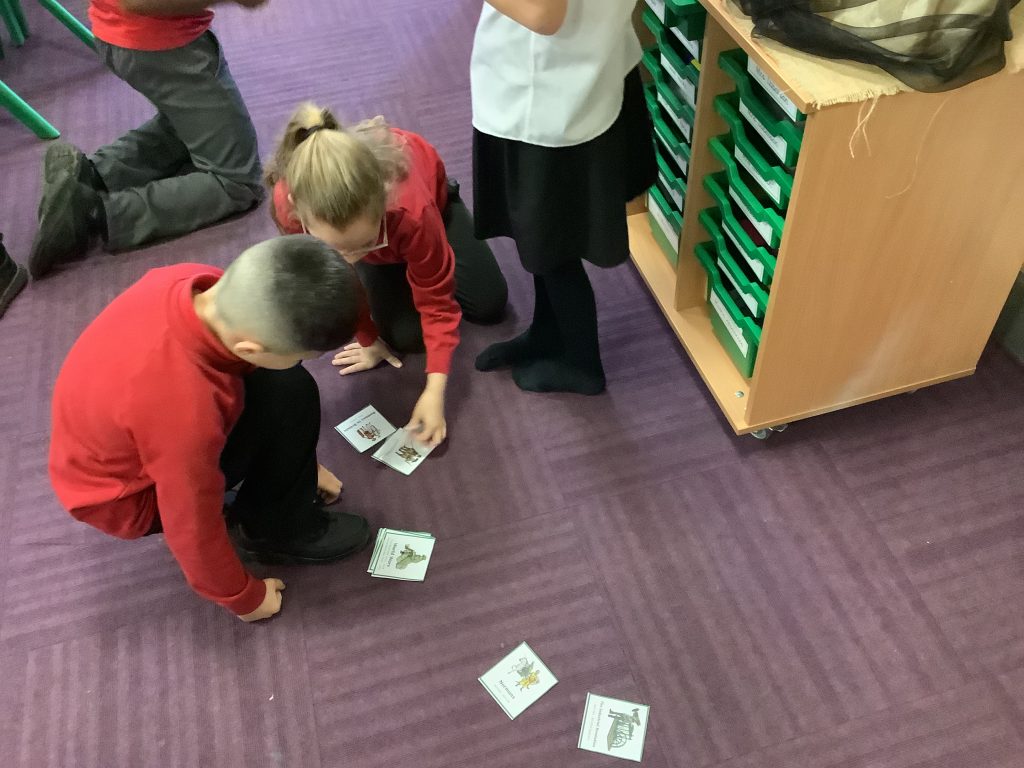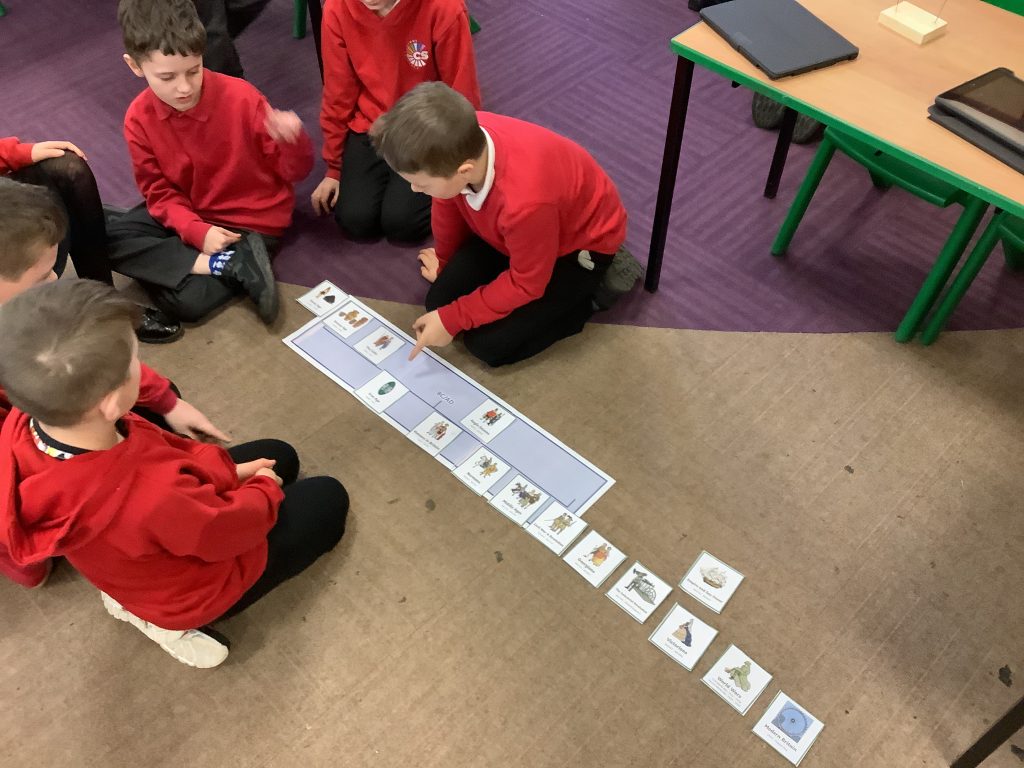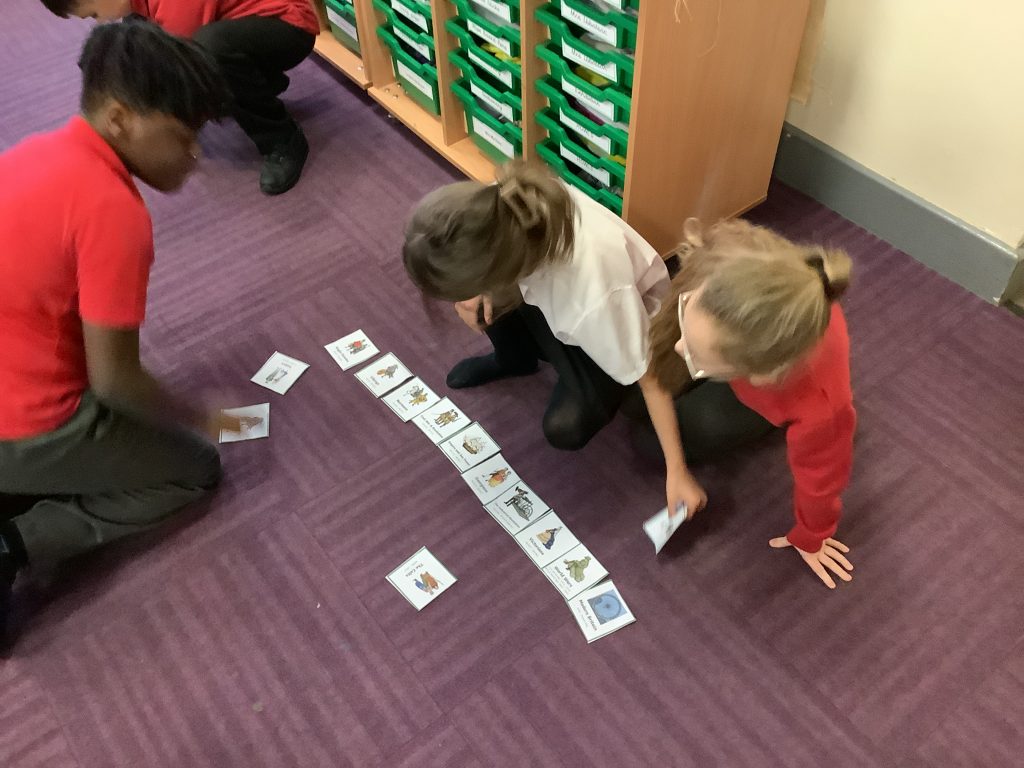In hook week today we looked at the different kind of masks they wore in Maya times and then we had ago at making our own.
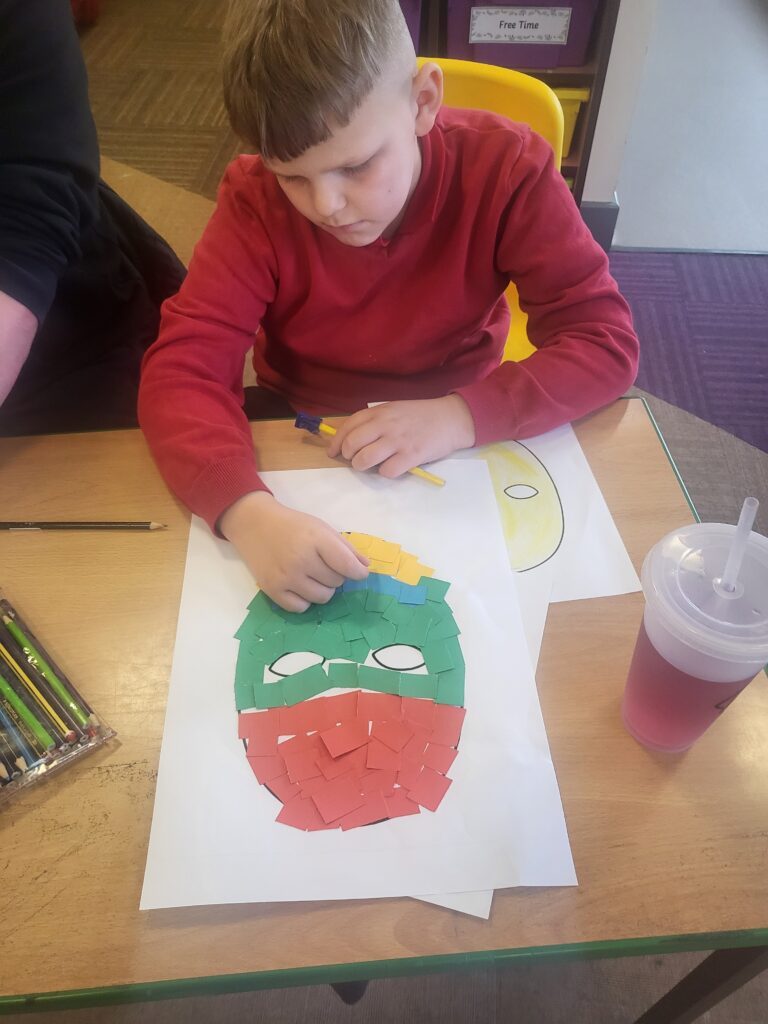
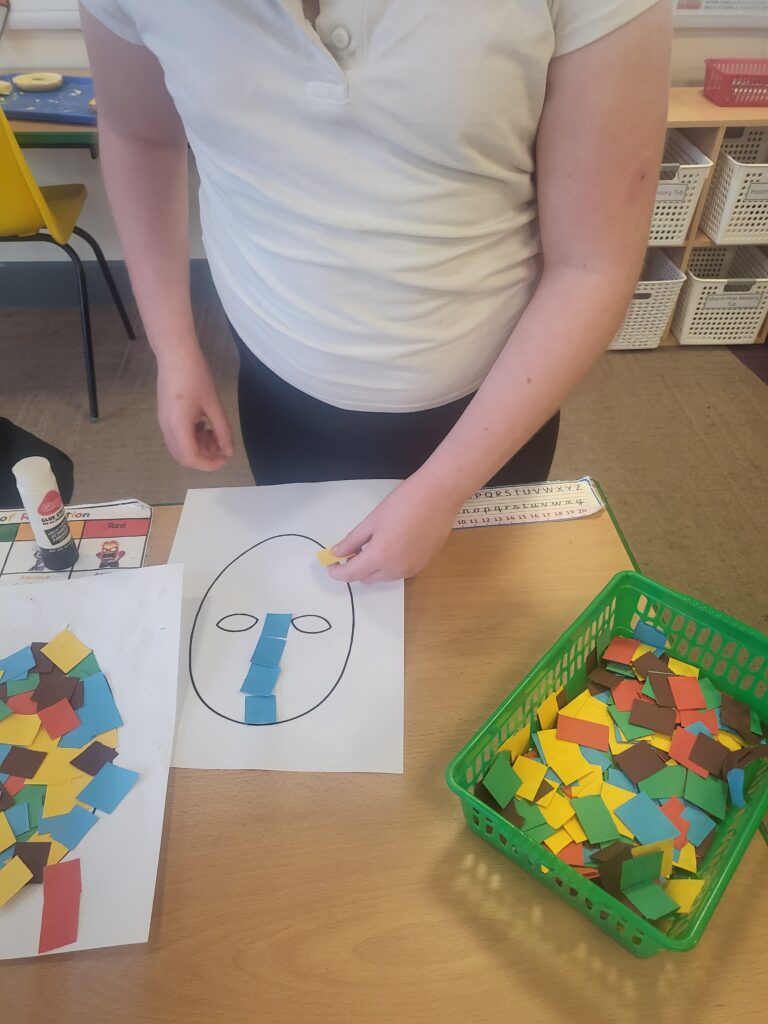
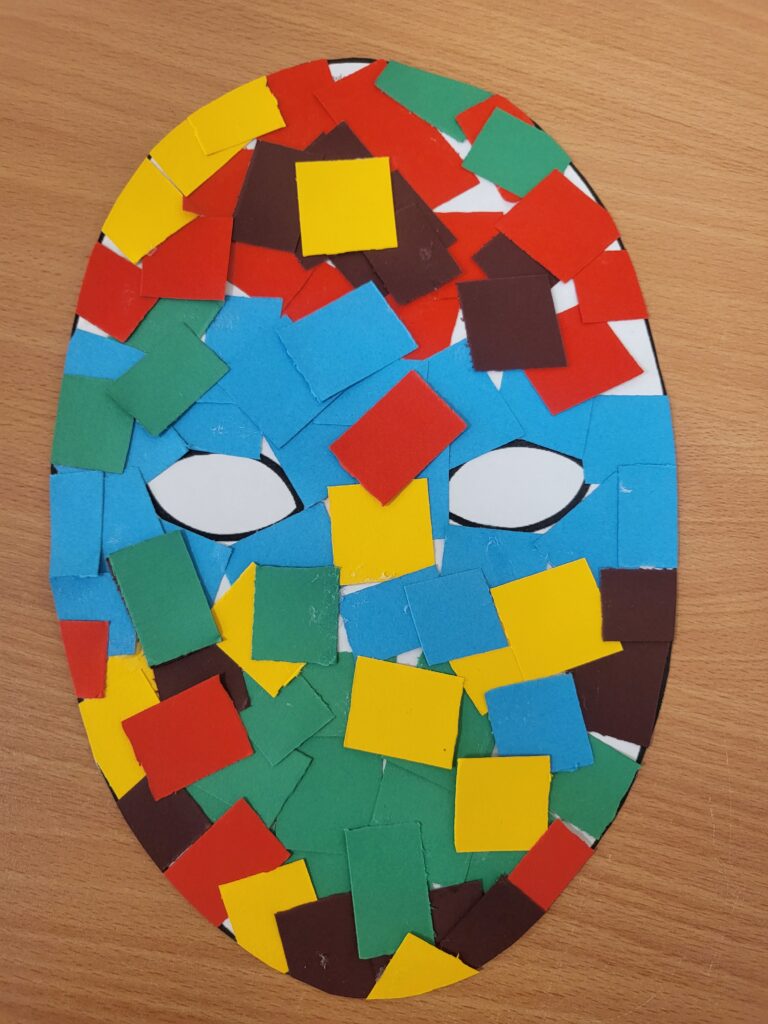
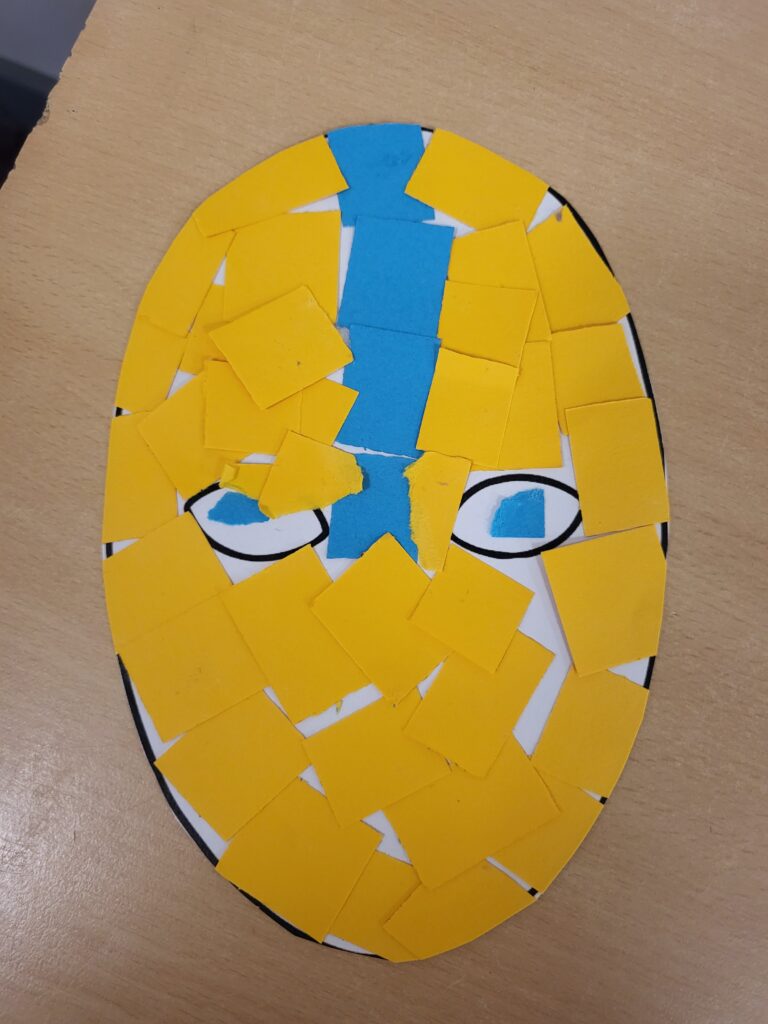
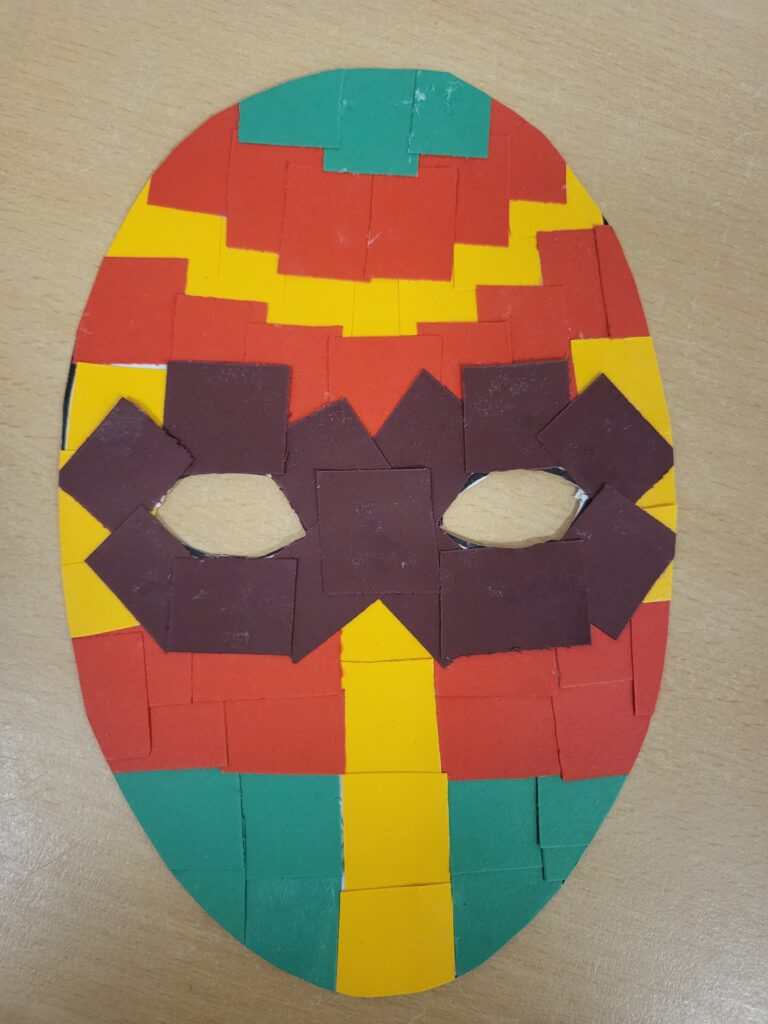
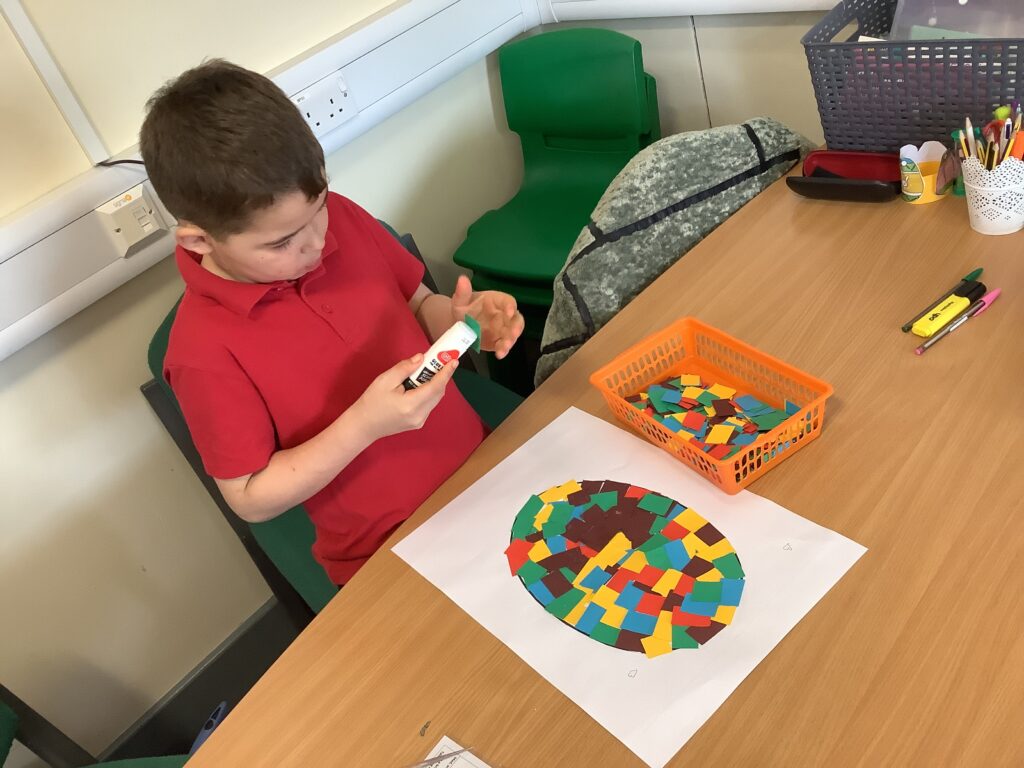
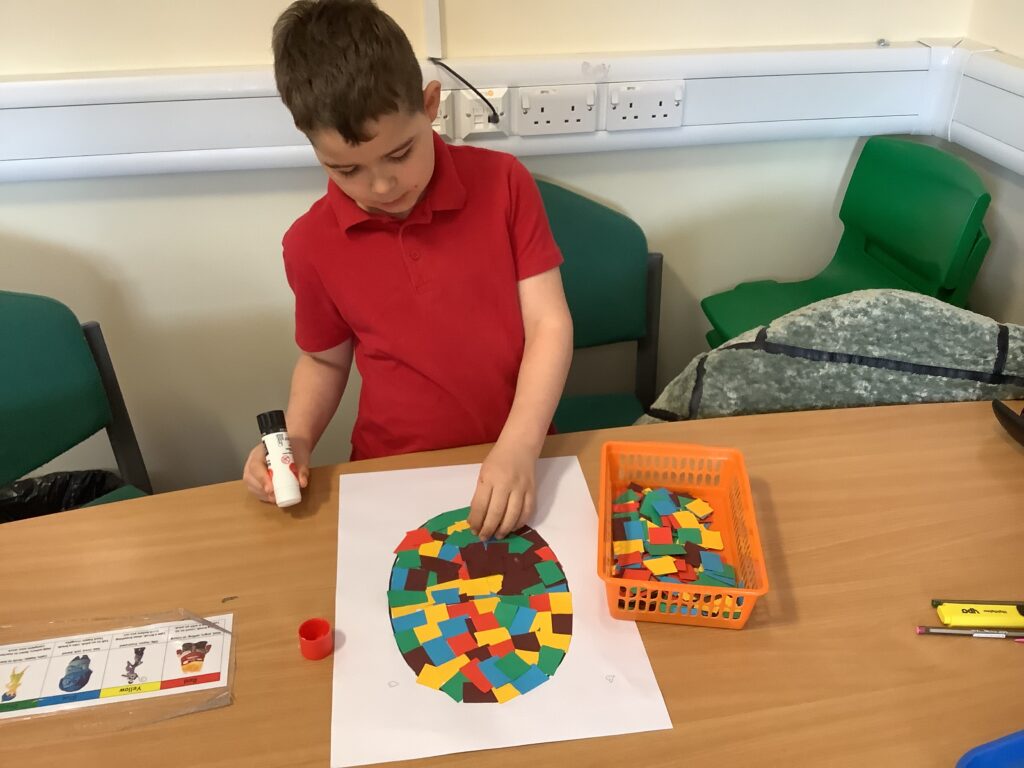
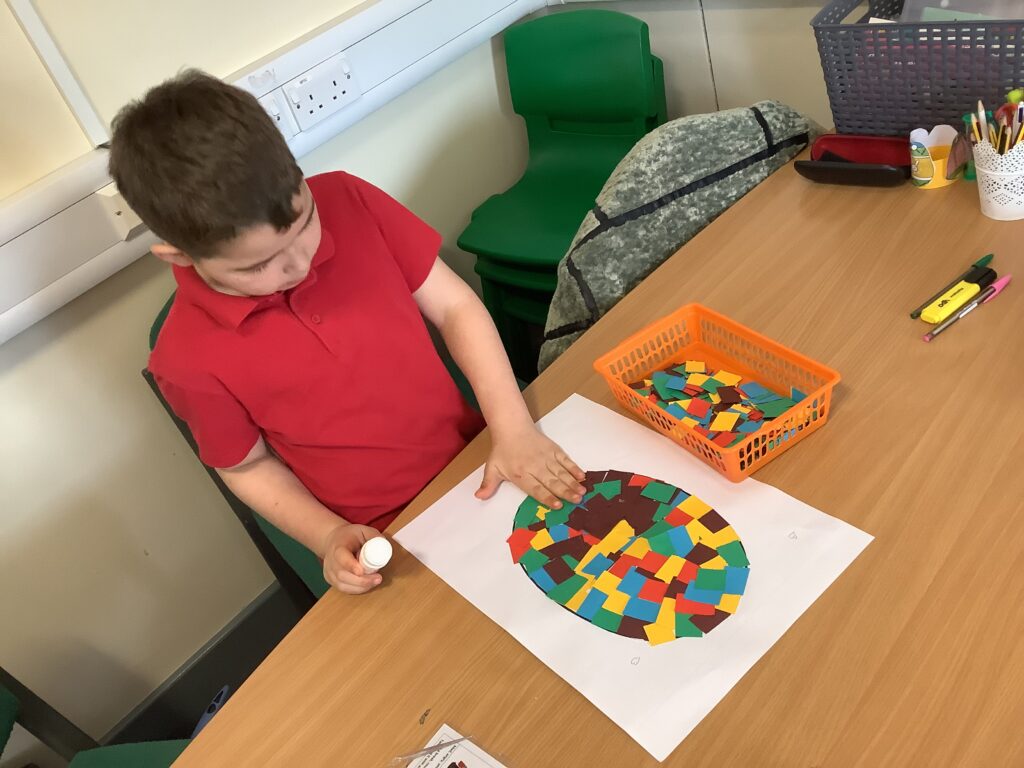
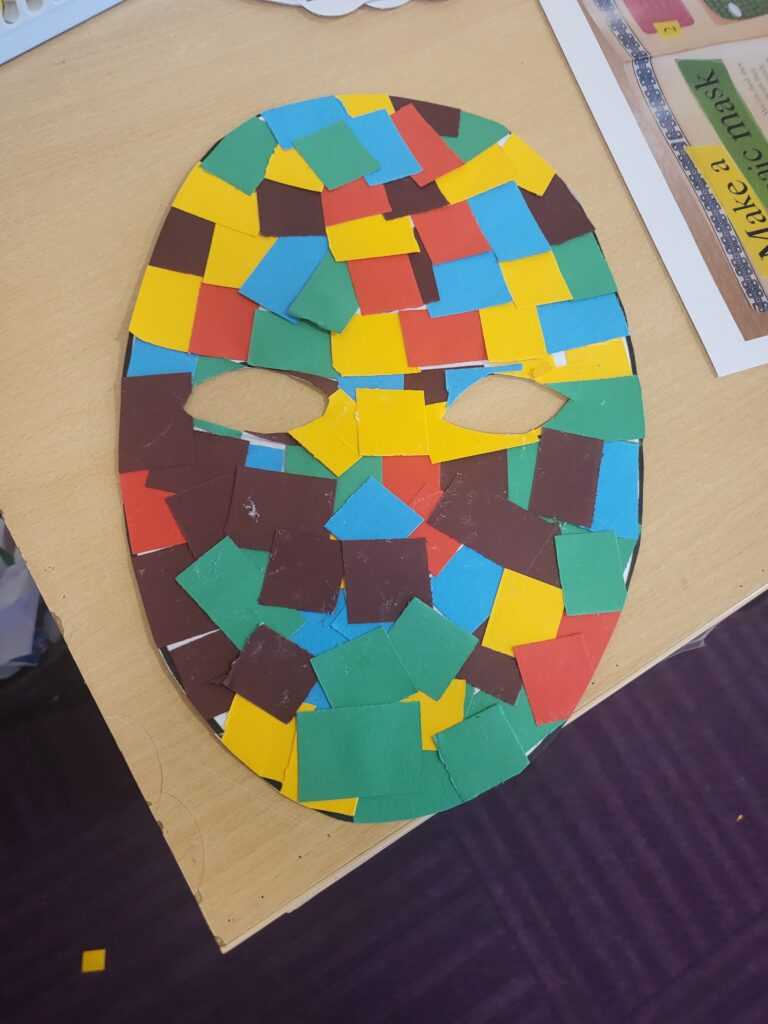
History
In hook week today we looked at the different kind of masks they wore in Maya times and then we had ago at making our own.









We became historians and looked at the timeline of the Mayan civilisation. We noticed that on a timeline the BC years descend and the AD years ascend. We discussed what it means to be a historian and what skills this includes.
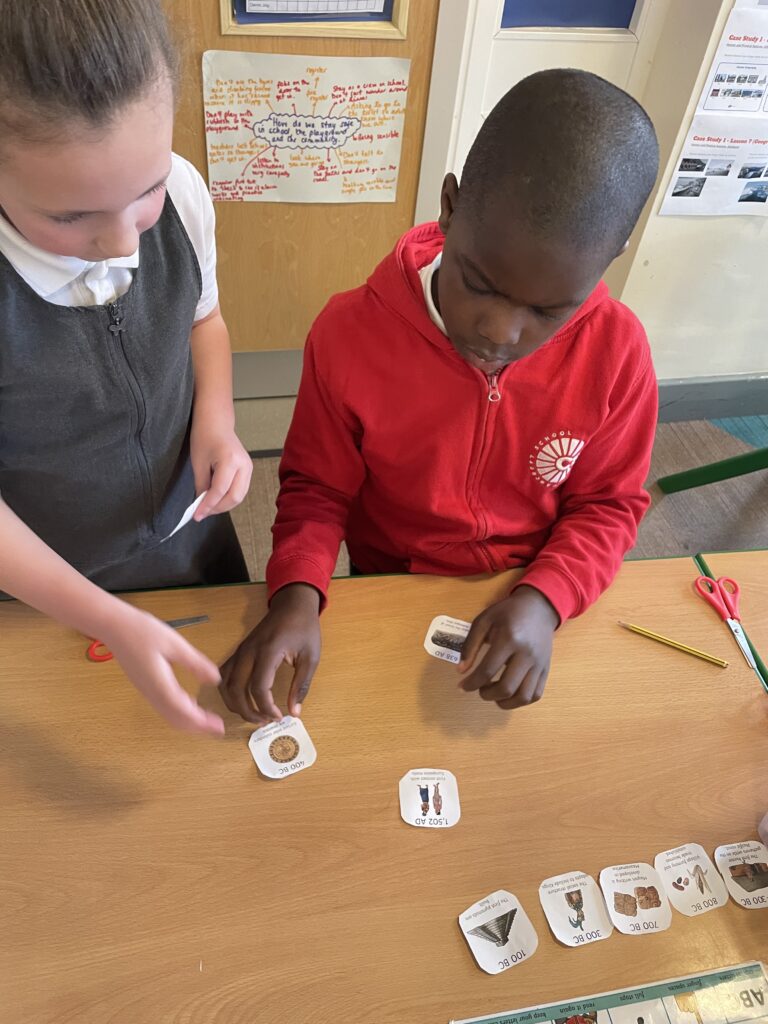
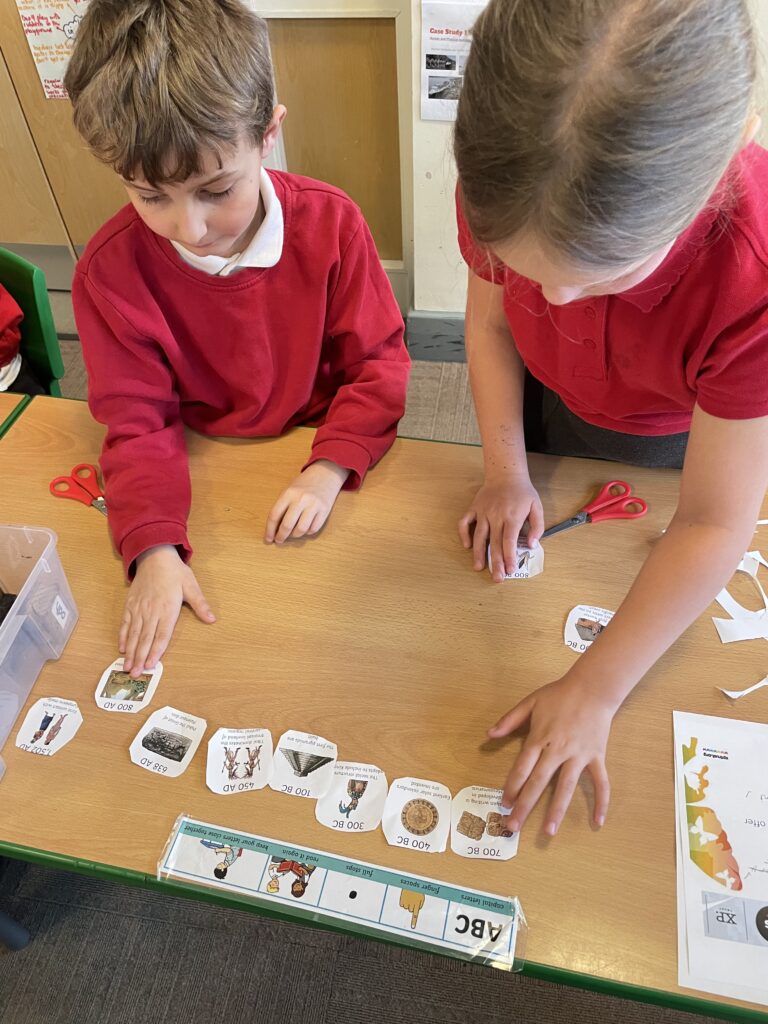
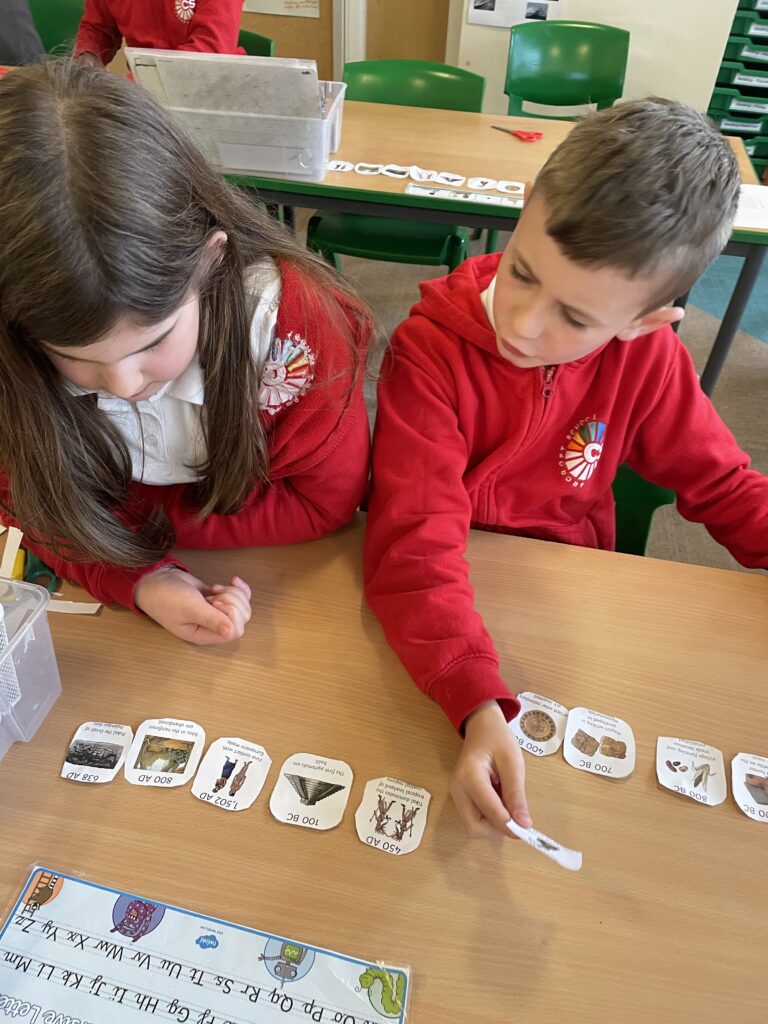
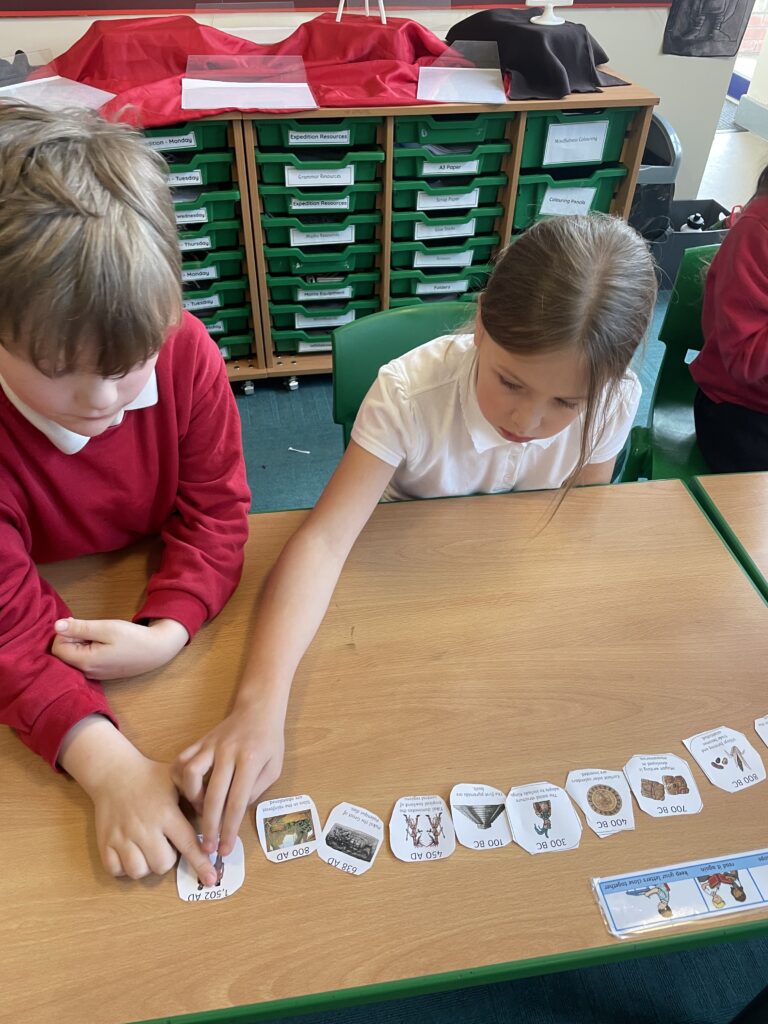
We kicked off hook week by learning what is was to be a historian and the skills people need to research things from the past. We then began learning some information about Maya.
As part of this learning, we worked in mini crews to order key events into a timeline, with a reminder of BC and AD to ensure we ordered them correctly.
Did you know that when you order BC numbers go in descending order but when you order AD numbers they go in ascending order?
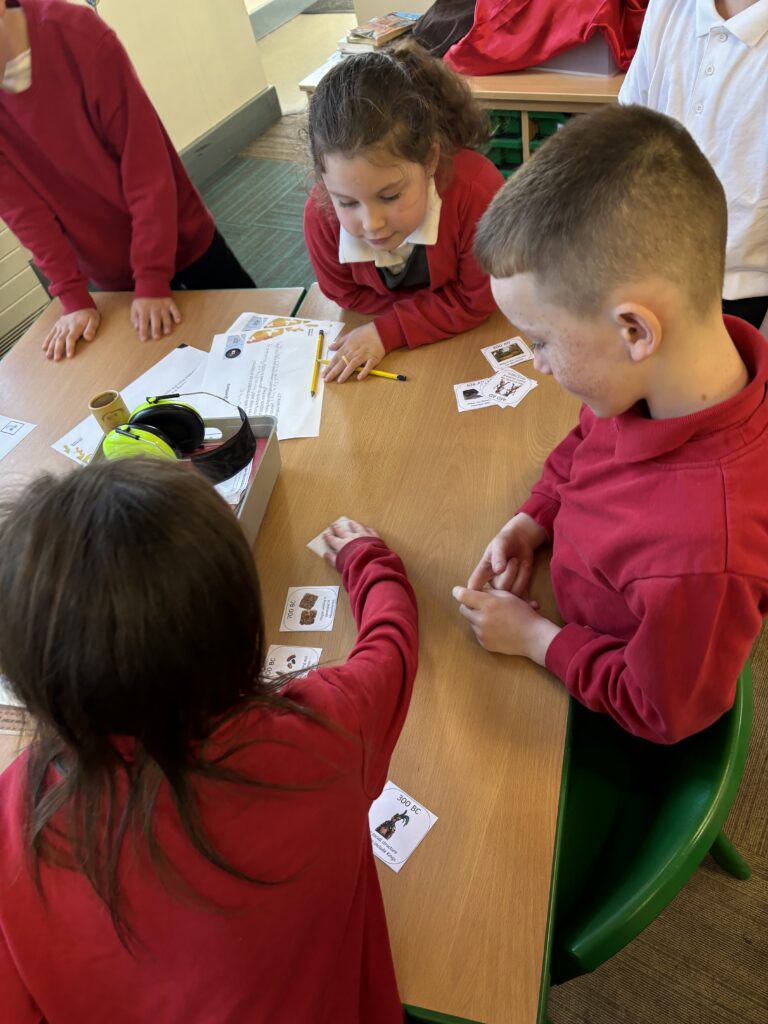
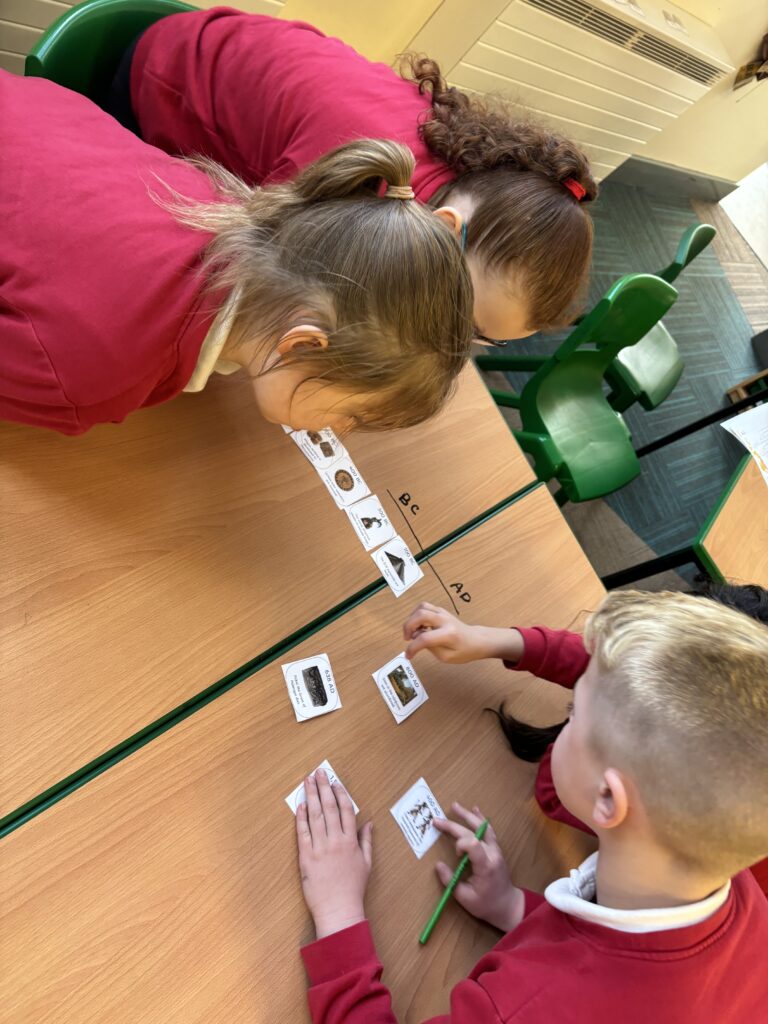
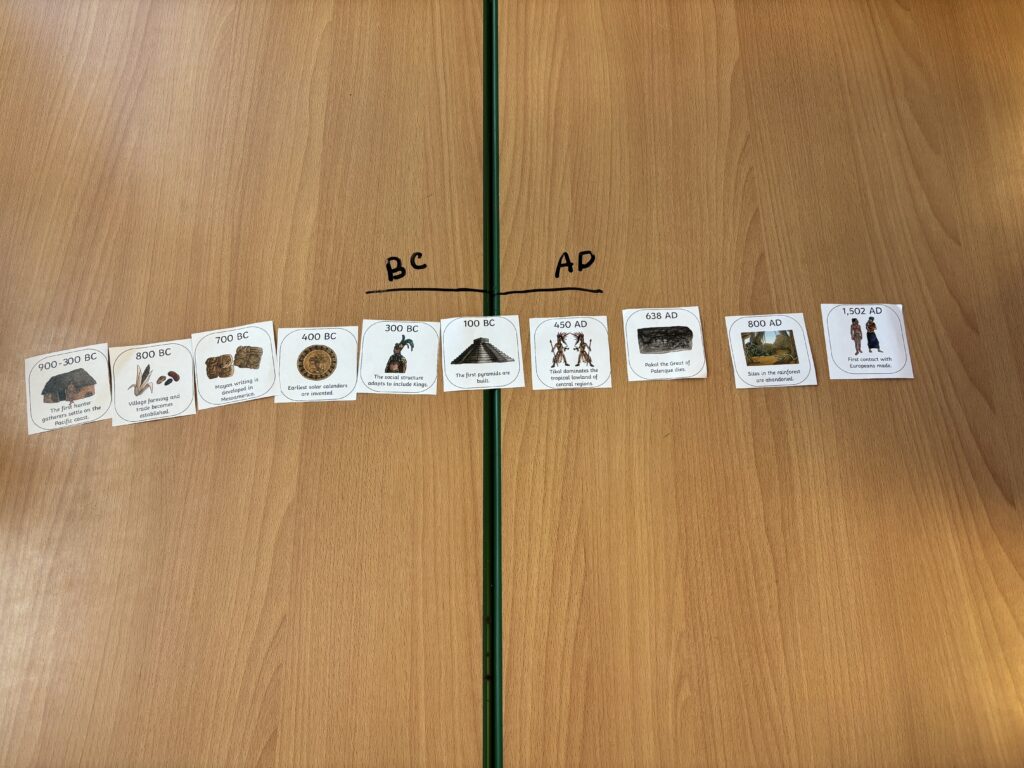
Our hook week started with us learning about the skills needed to be a historian and starting to learn some information about the Maya.
As part of this, we looked at the timeline and ordering key events. We had a reminder about the correct way to order based on BC and AD.
For BC, we order in descending order whereas for AD, we order in ascending order.
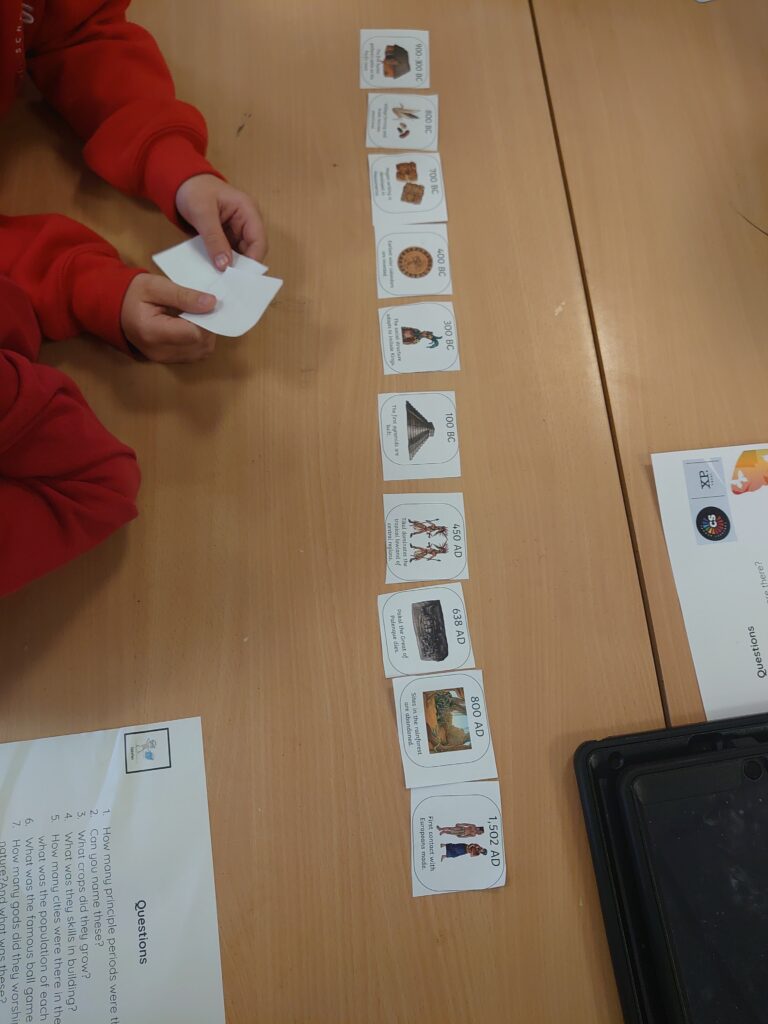
This afternoon, parents came in to support the children in building their background knowledge on the Egyptians. We explored the Ancient Egyptian civilisation through the Children’s University of Manchester’s resources.
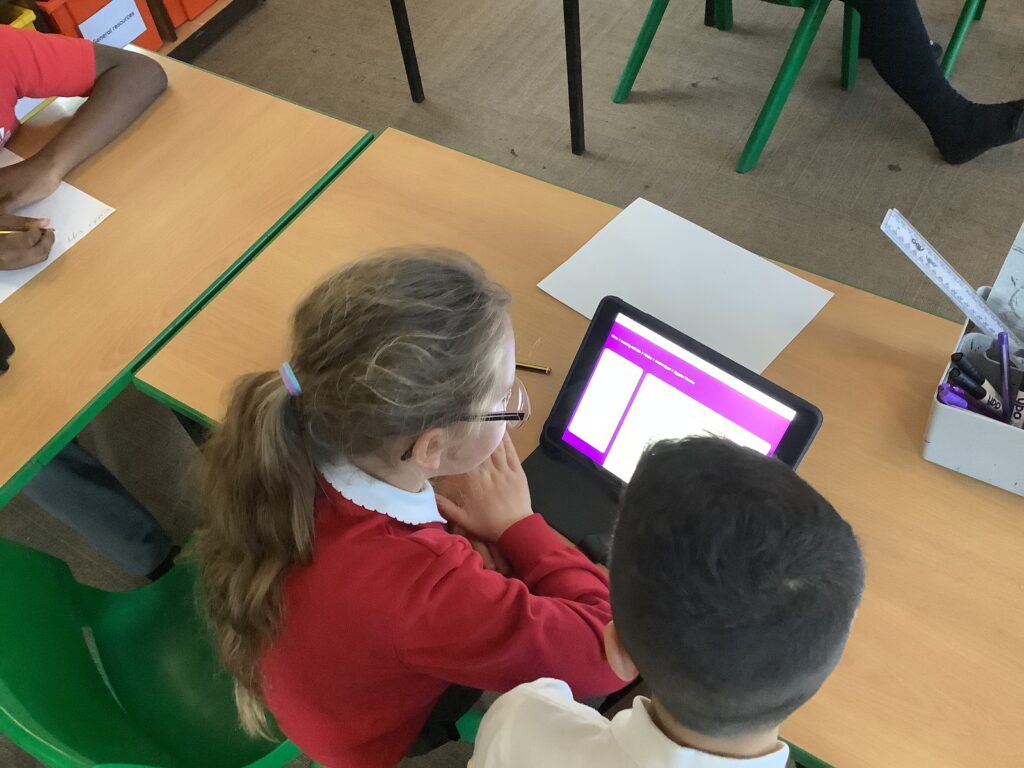
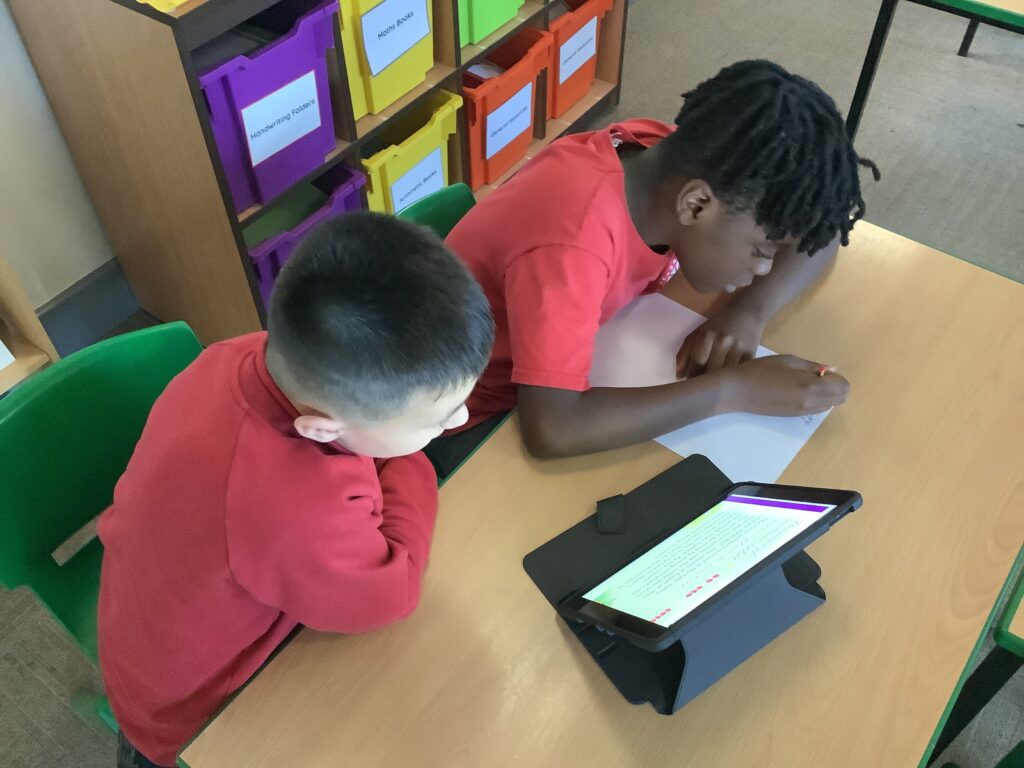
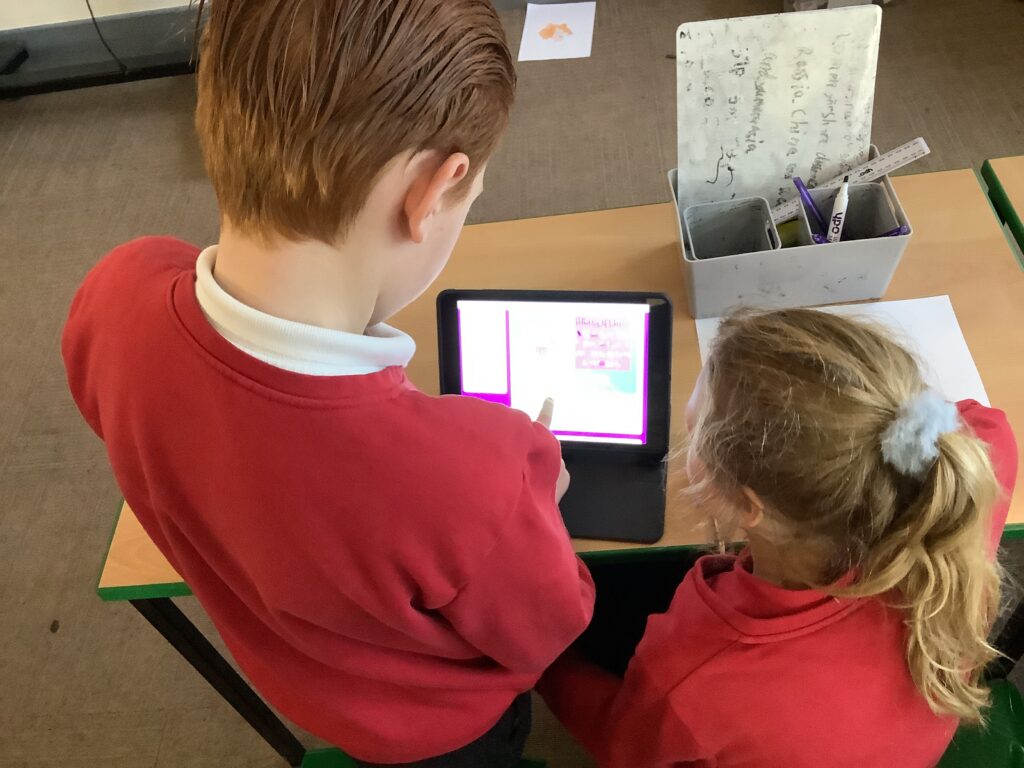
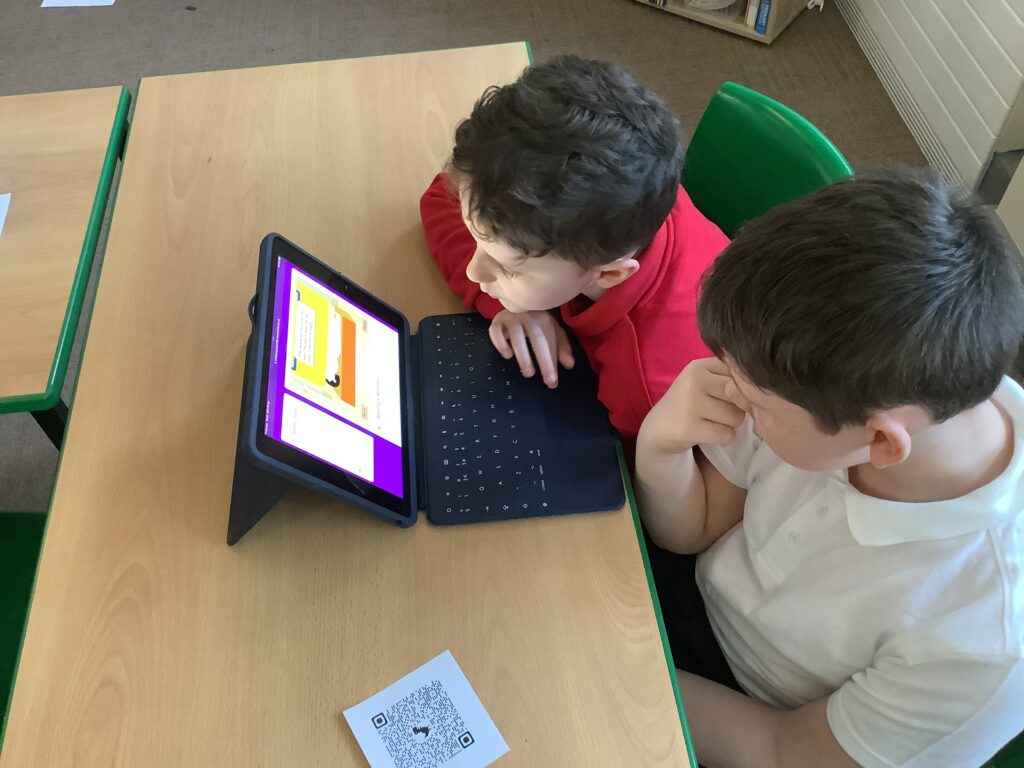
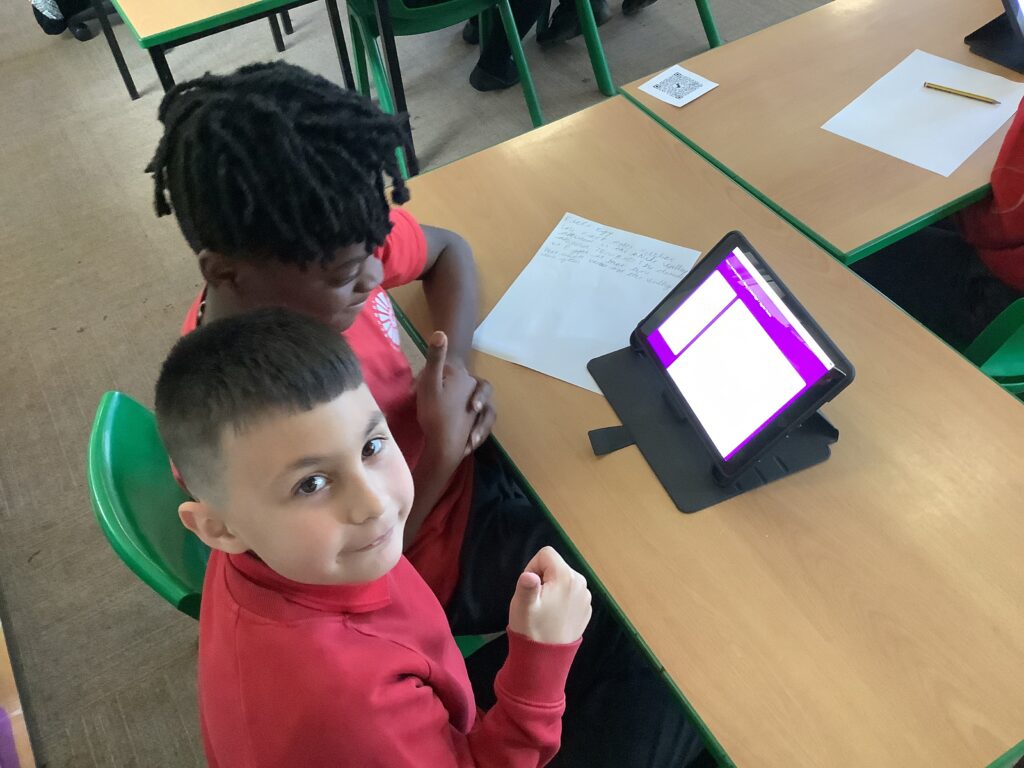
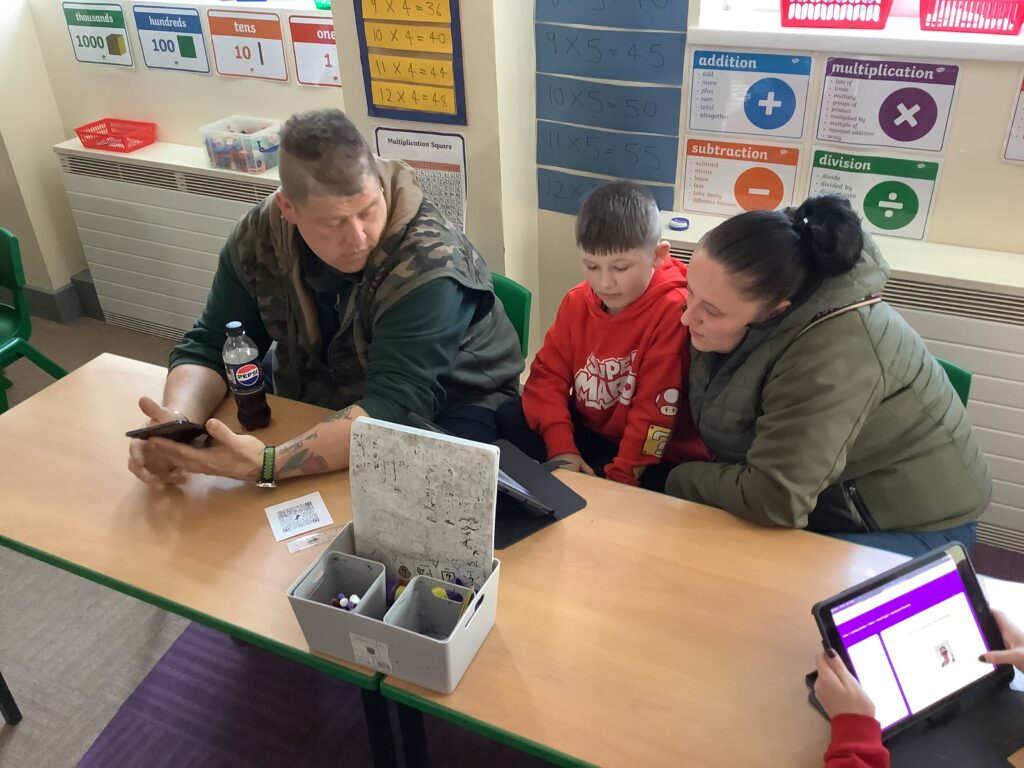
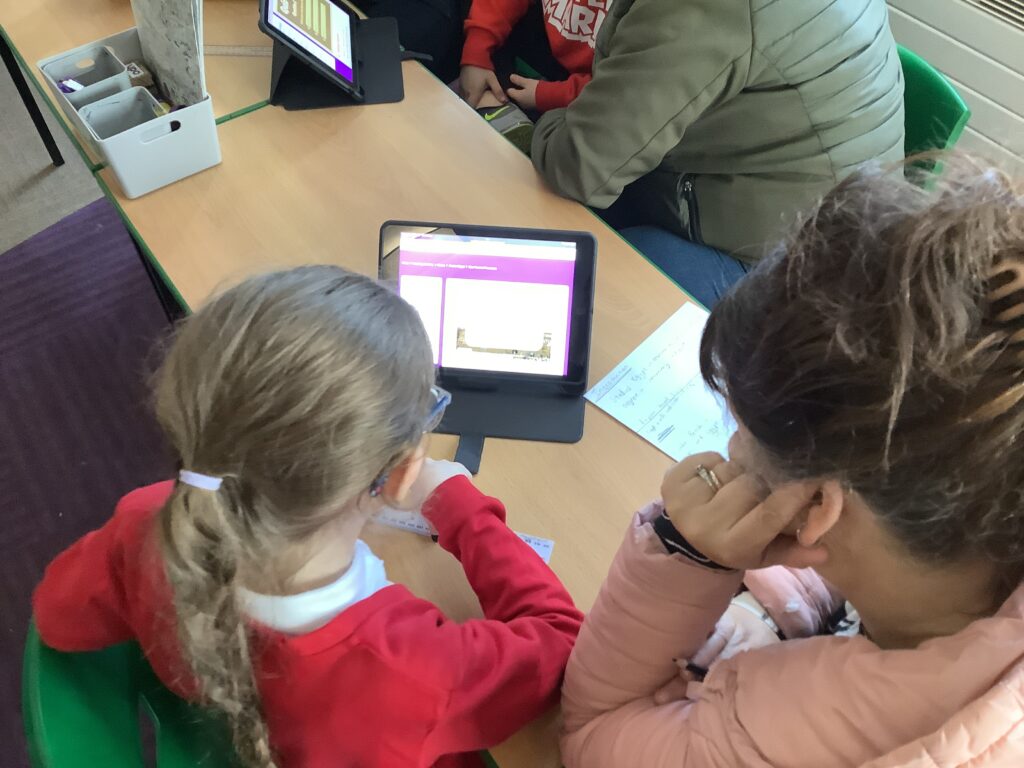
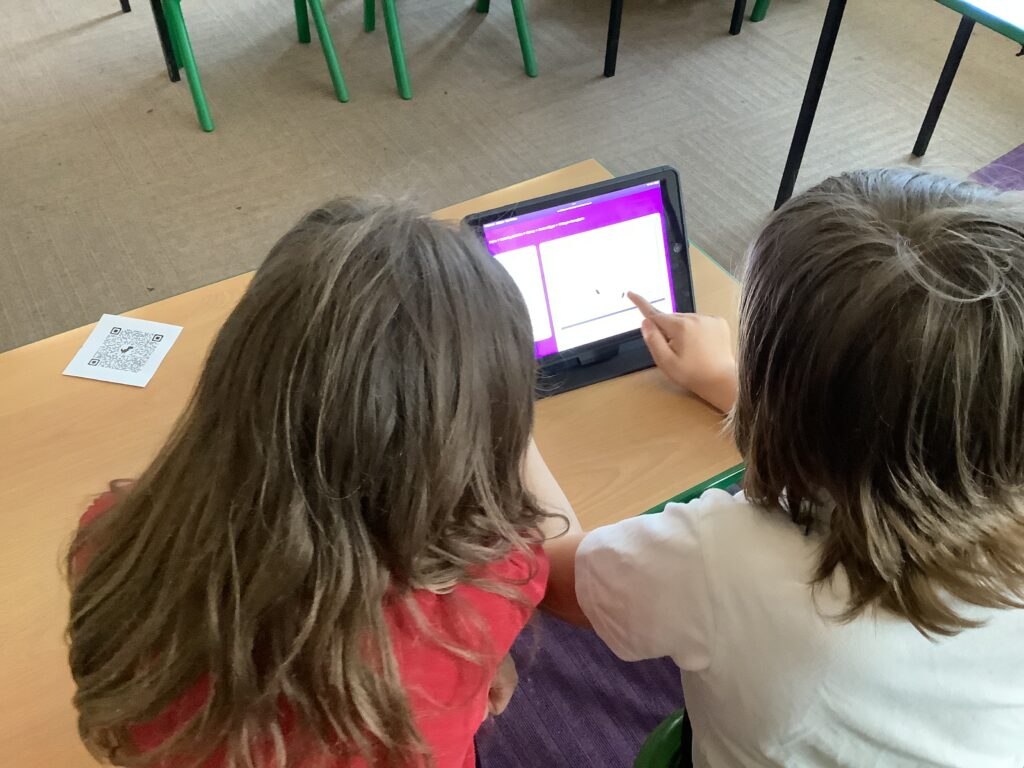
Today in hook week we have been looking at the history of Maya
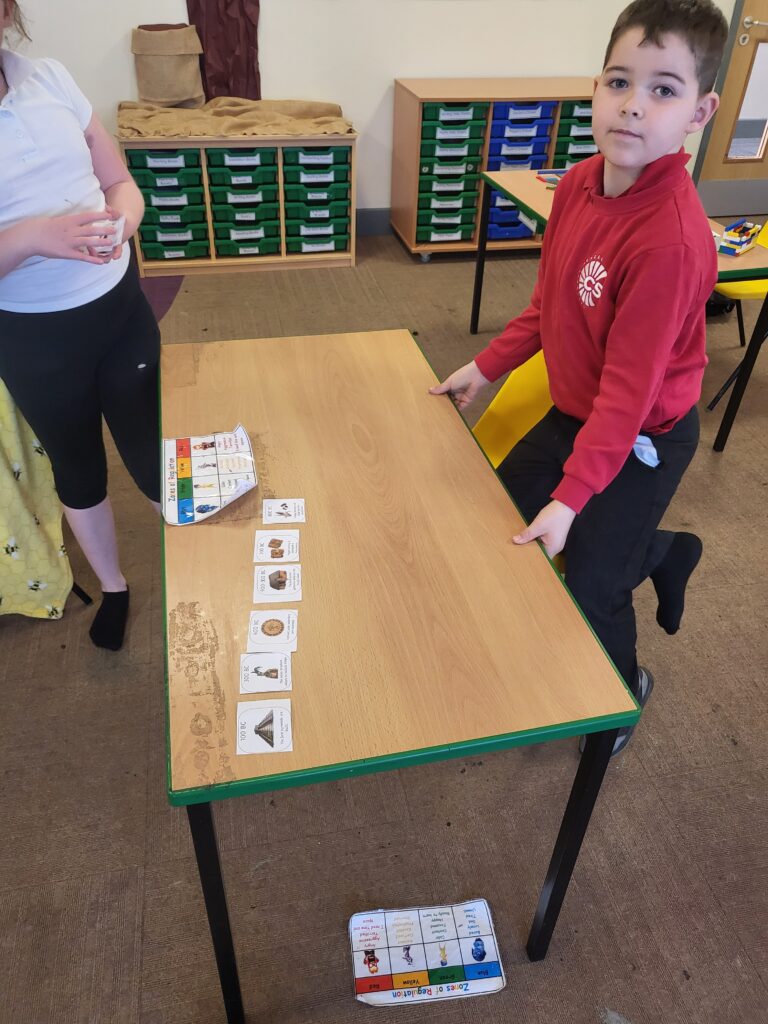
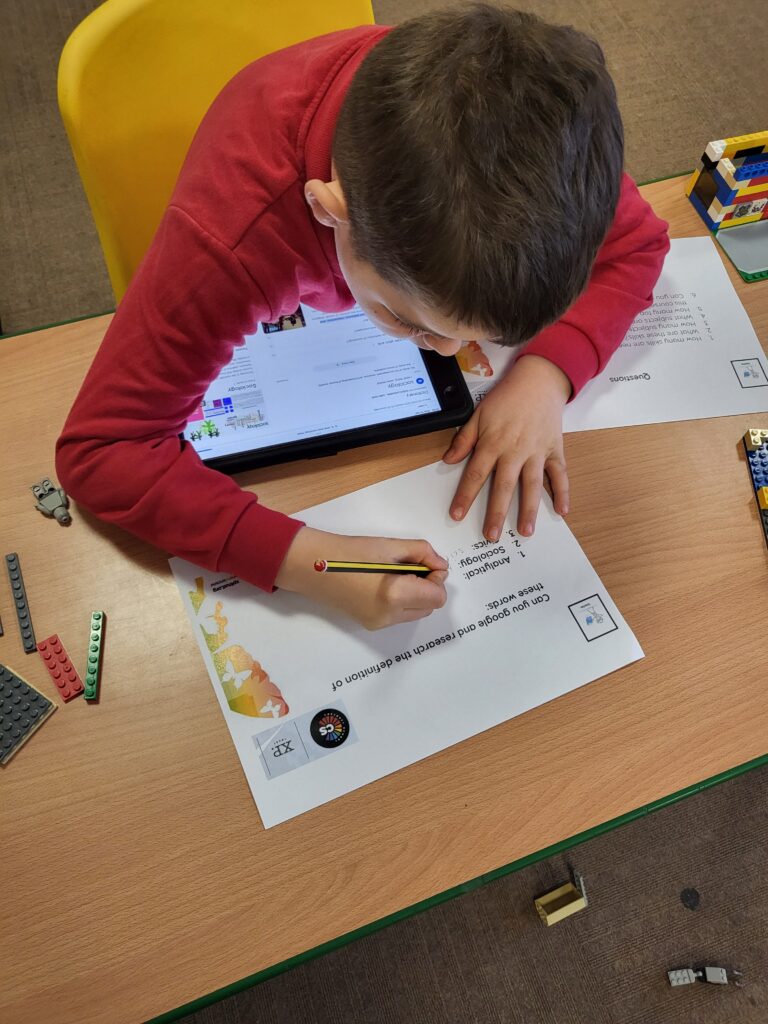
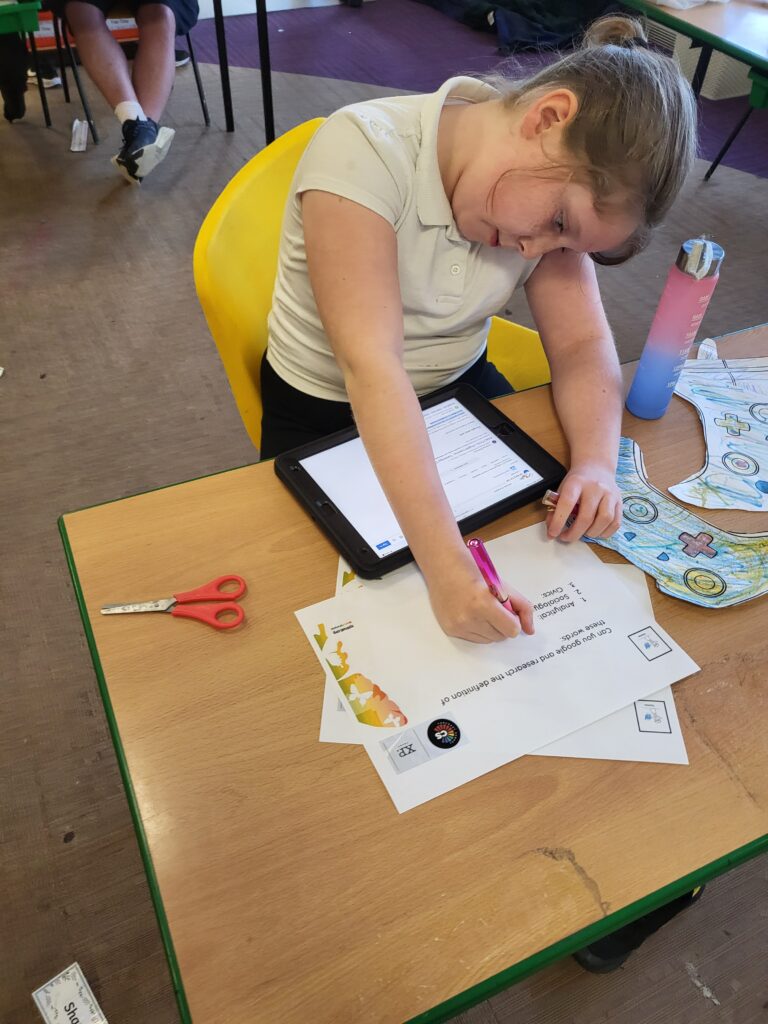
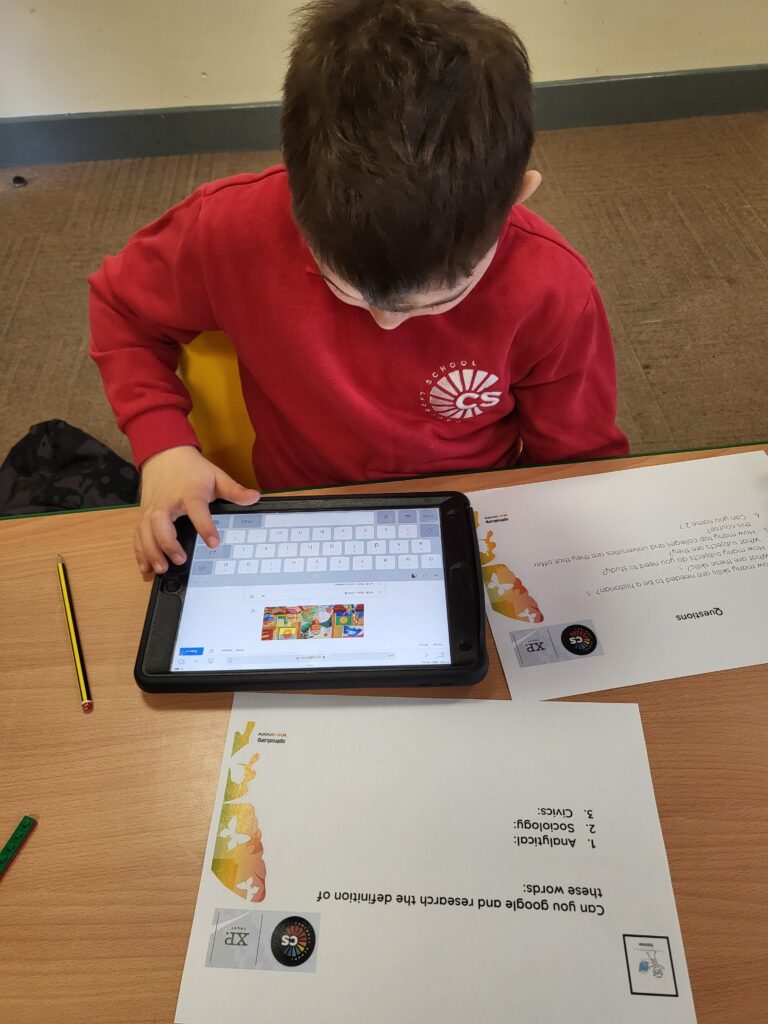
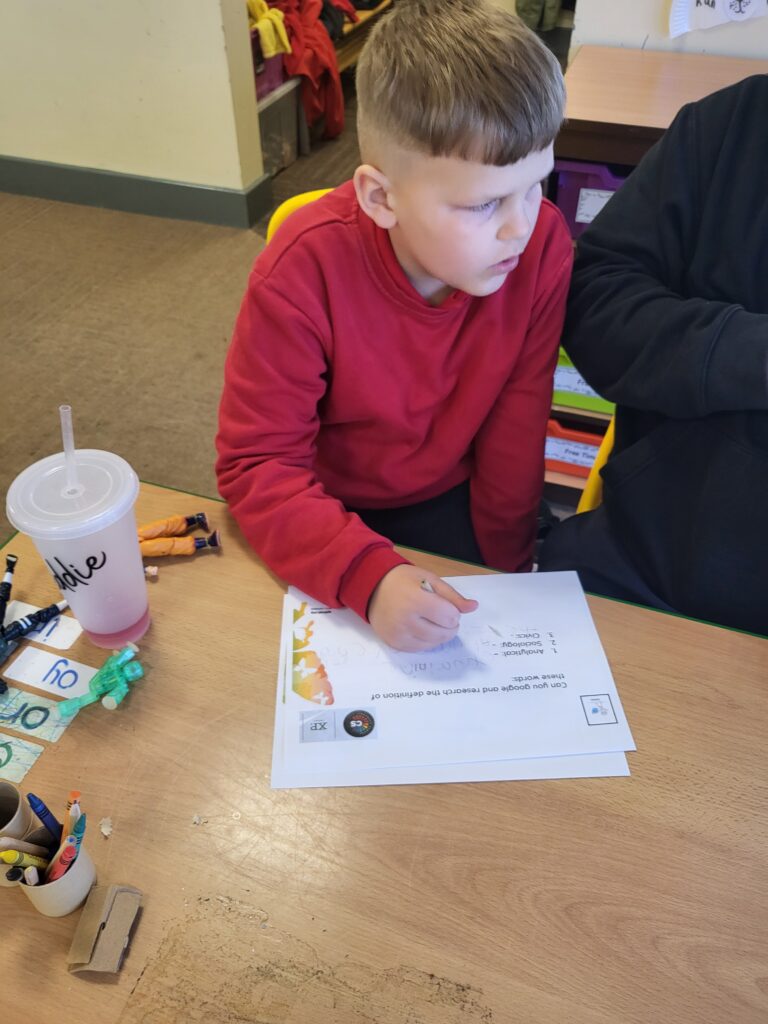
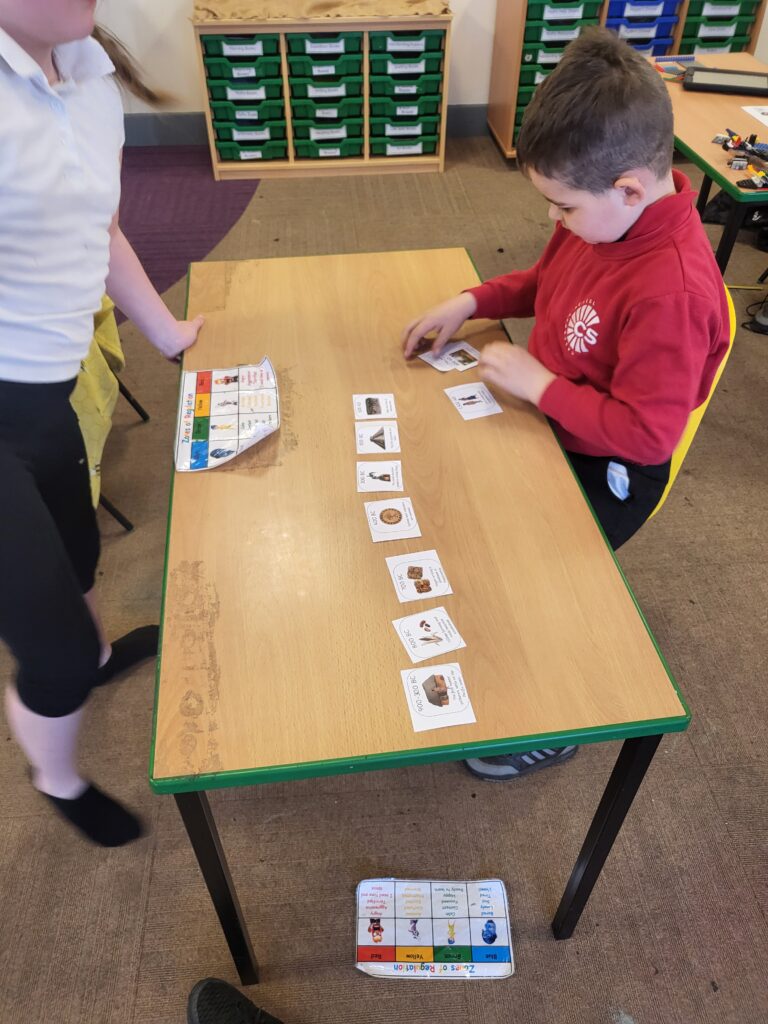
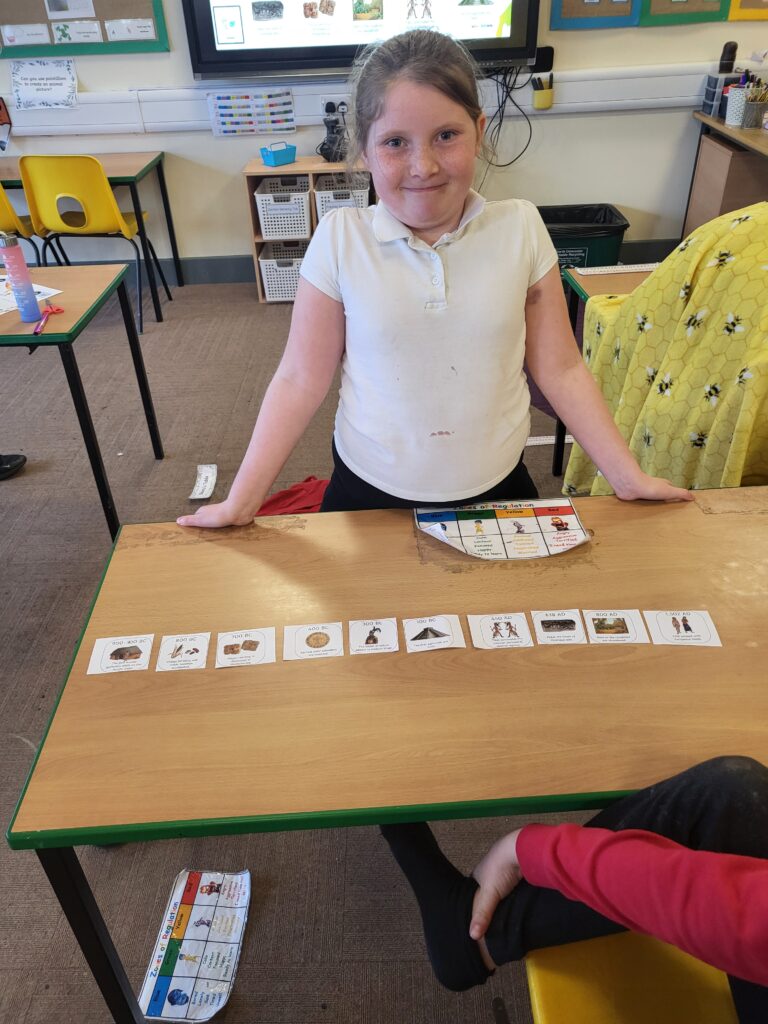
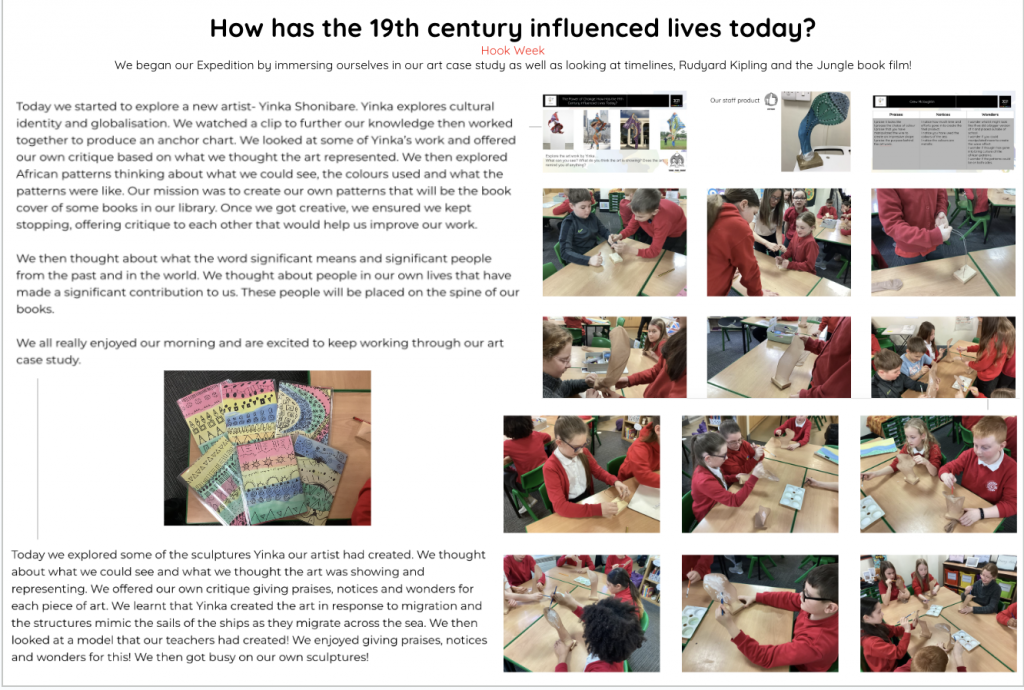
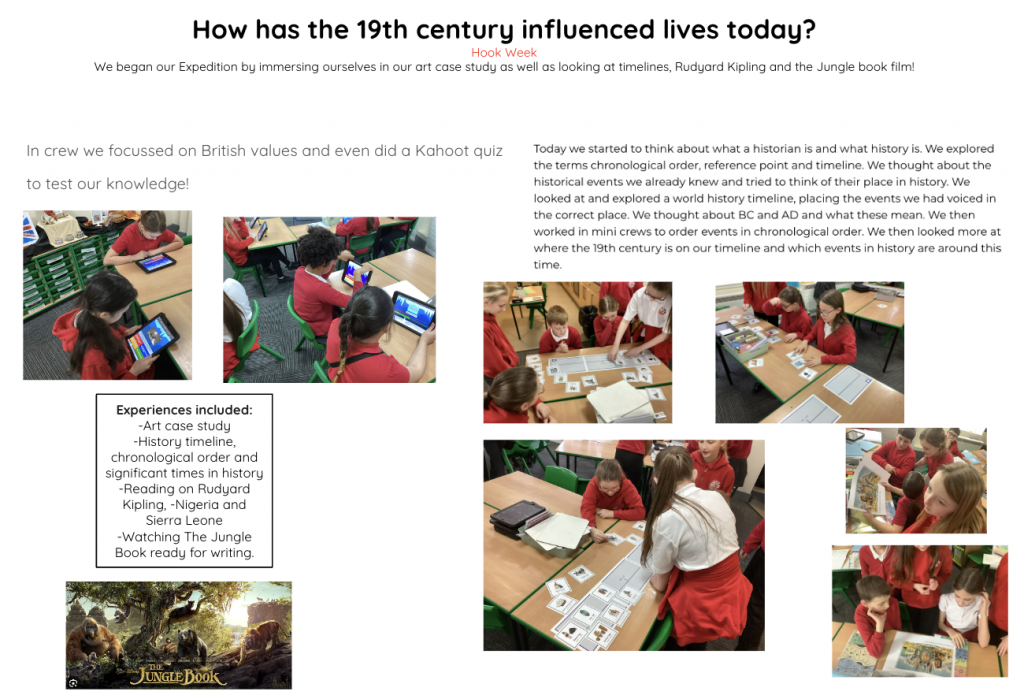

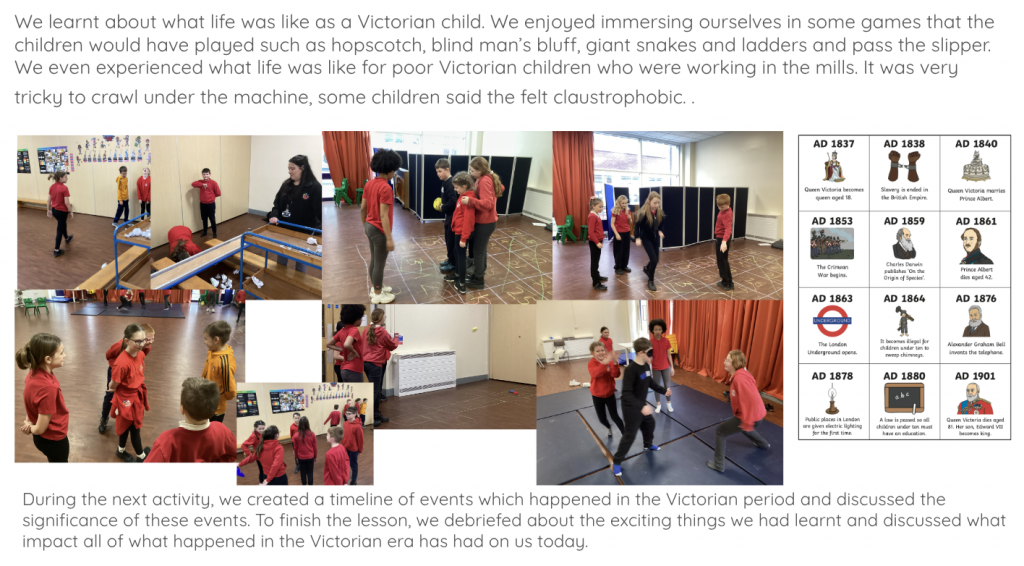
We really enjoyed becoming Victorian children where we experienced what is was like to attend school in Victorian times. We think Mrs Ibbotson and Mrs Boswell liked being the strict teachers quite a bit haha!! We learnt that if children did not attend school, then they had to work in the factories which we also had a go at this afternoon- this was hard work! After all of that, we then played a range of Victorian games the children would have played back then such as hop-scotch, giant snakes and ladders, Blind man’s bluff and pass the slipper.
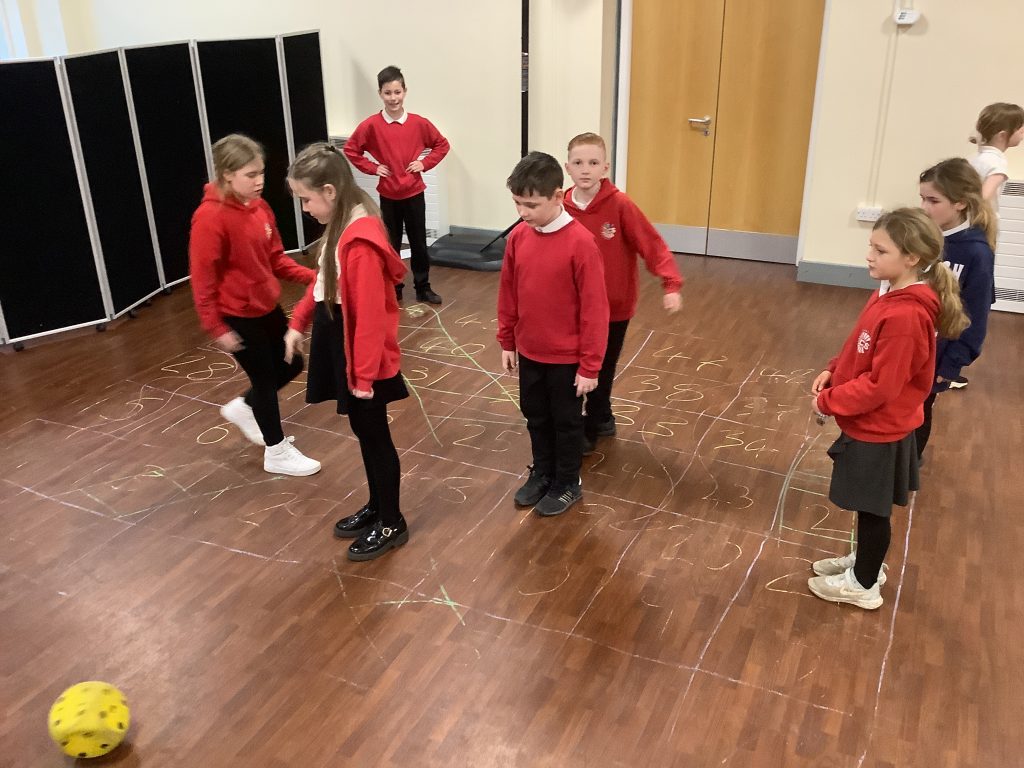
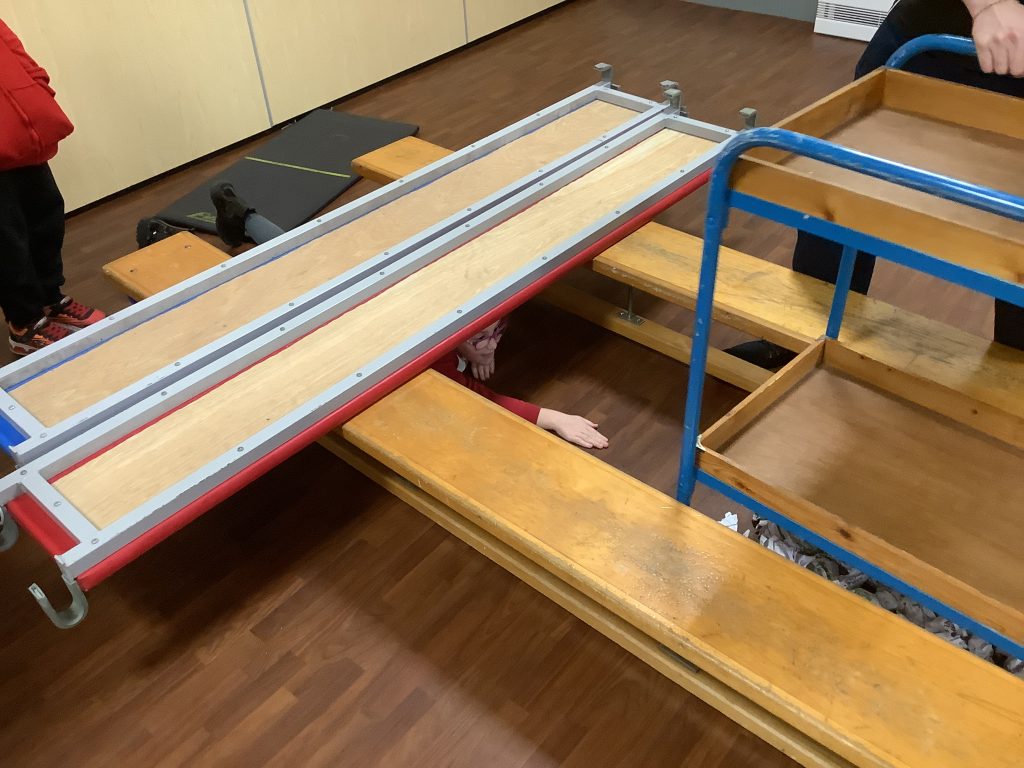
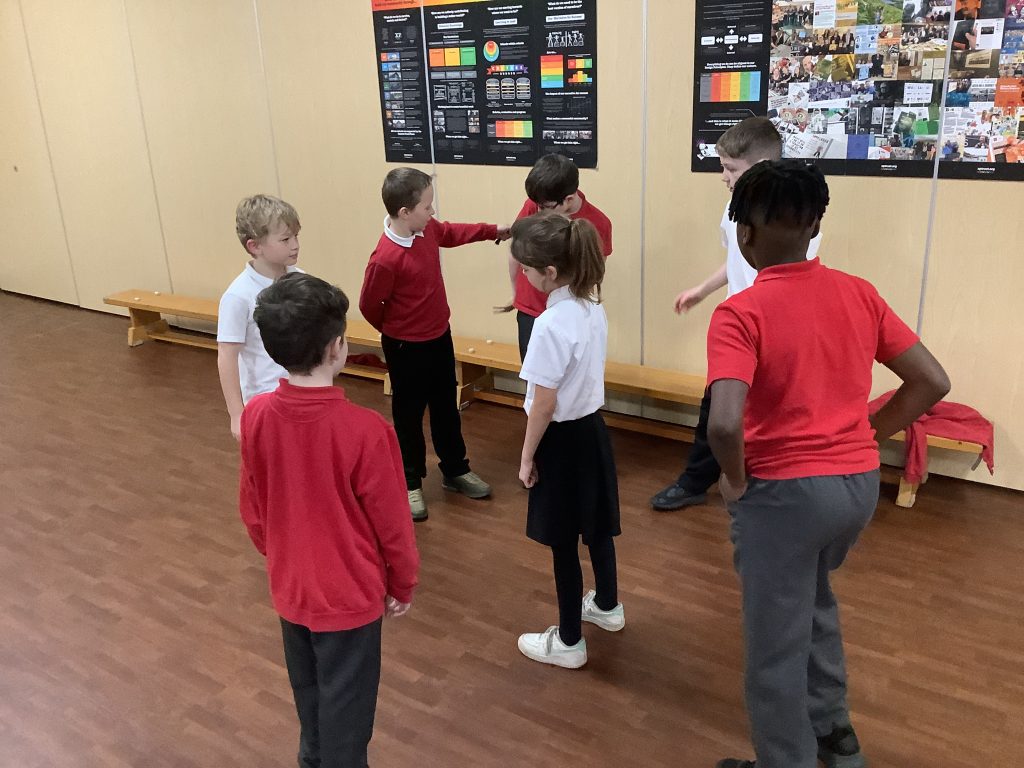
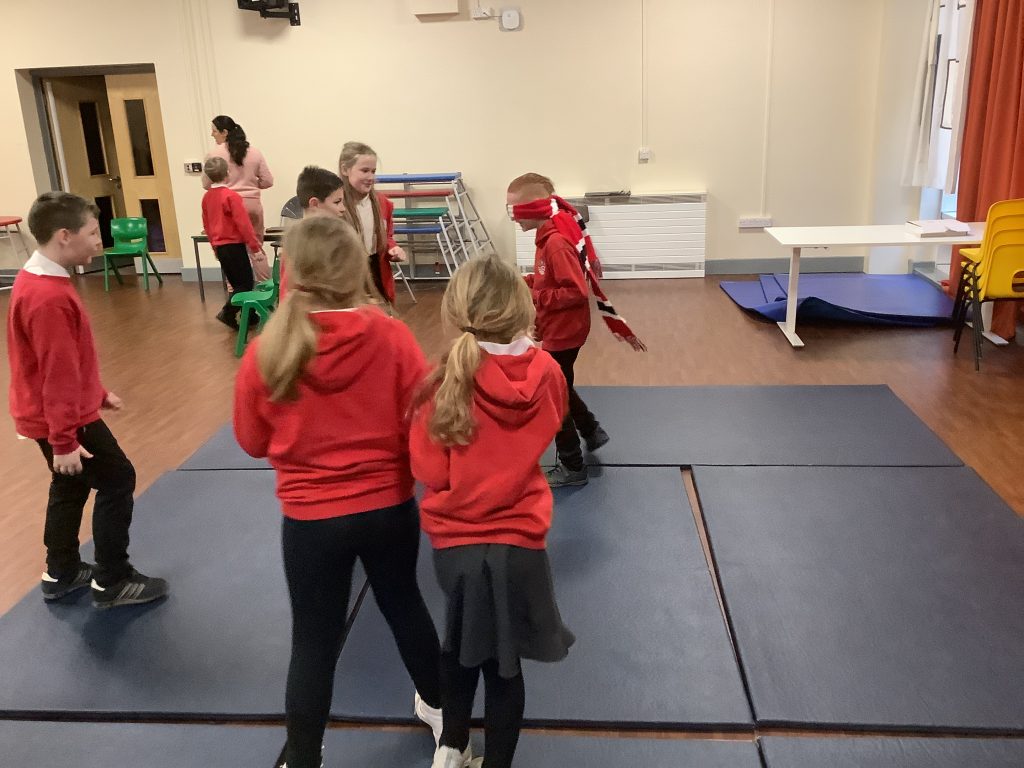
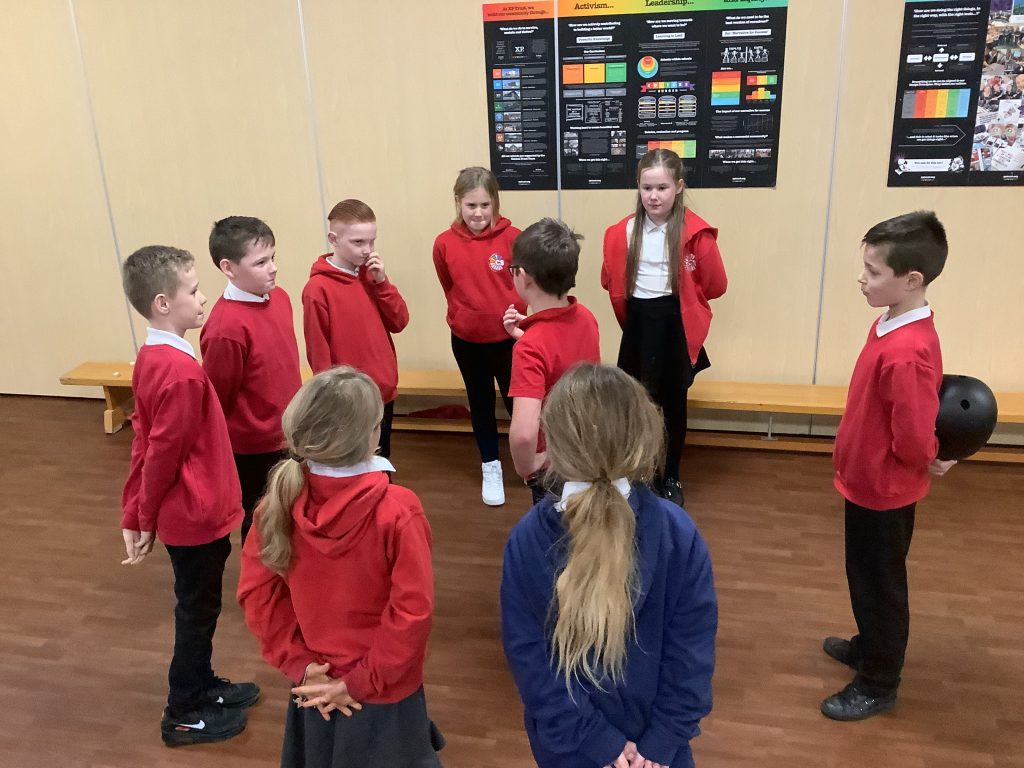
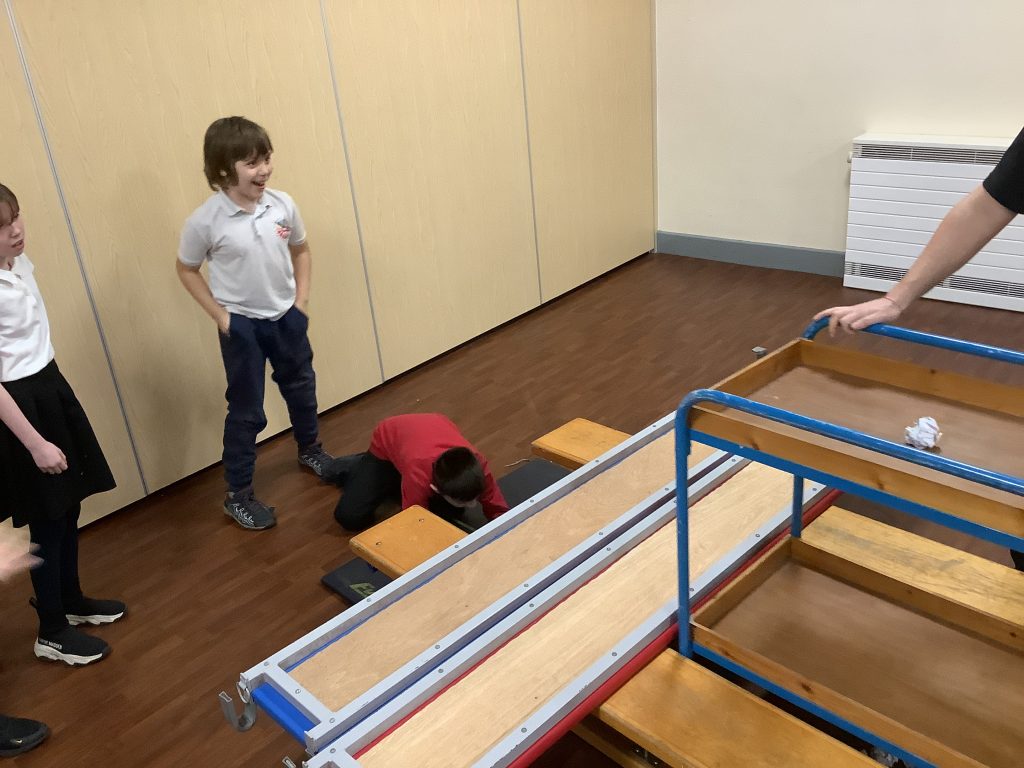
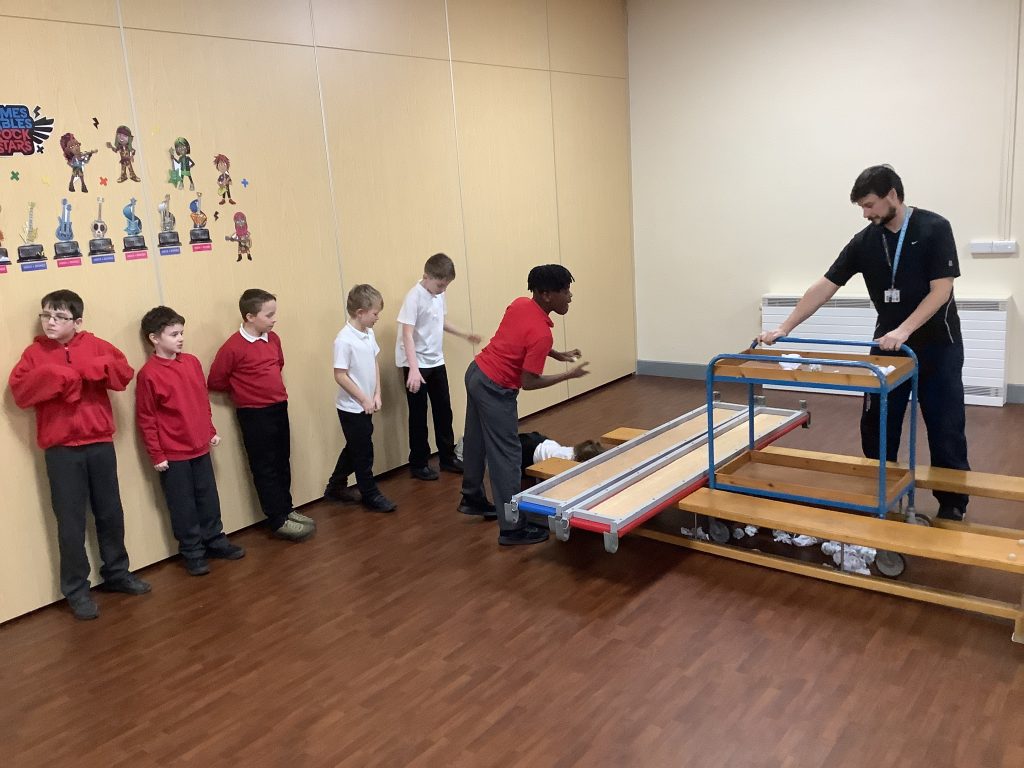
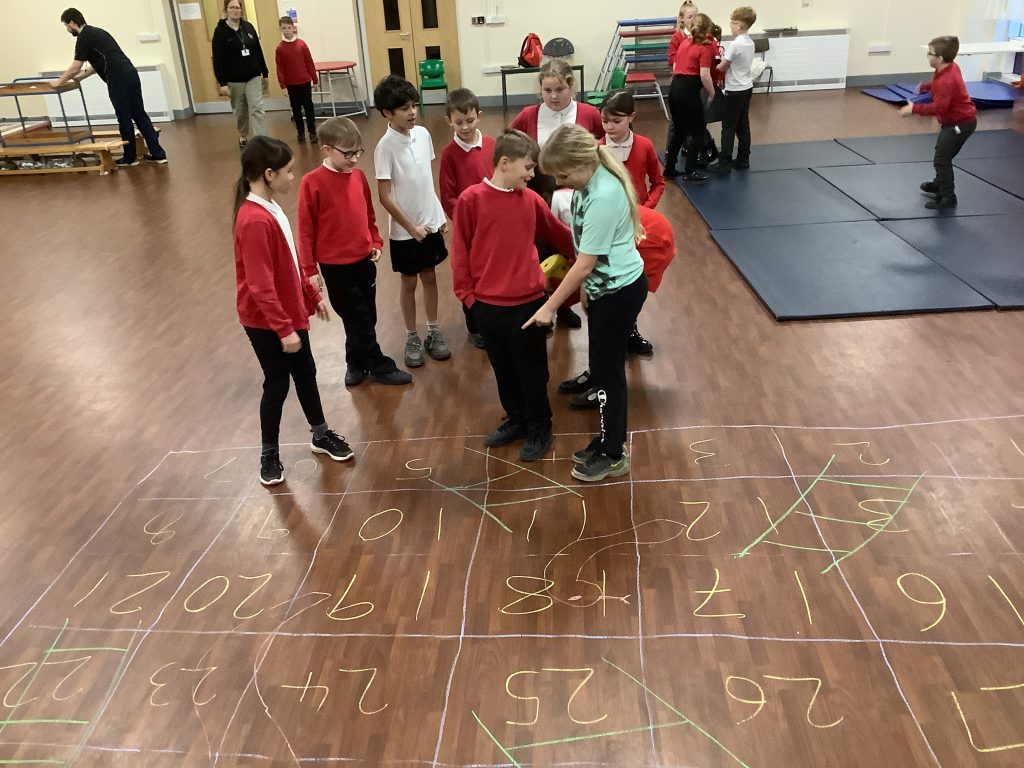
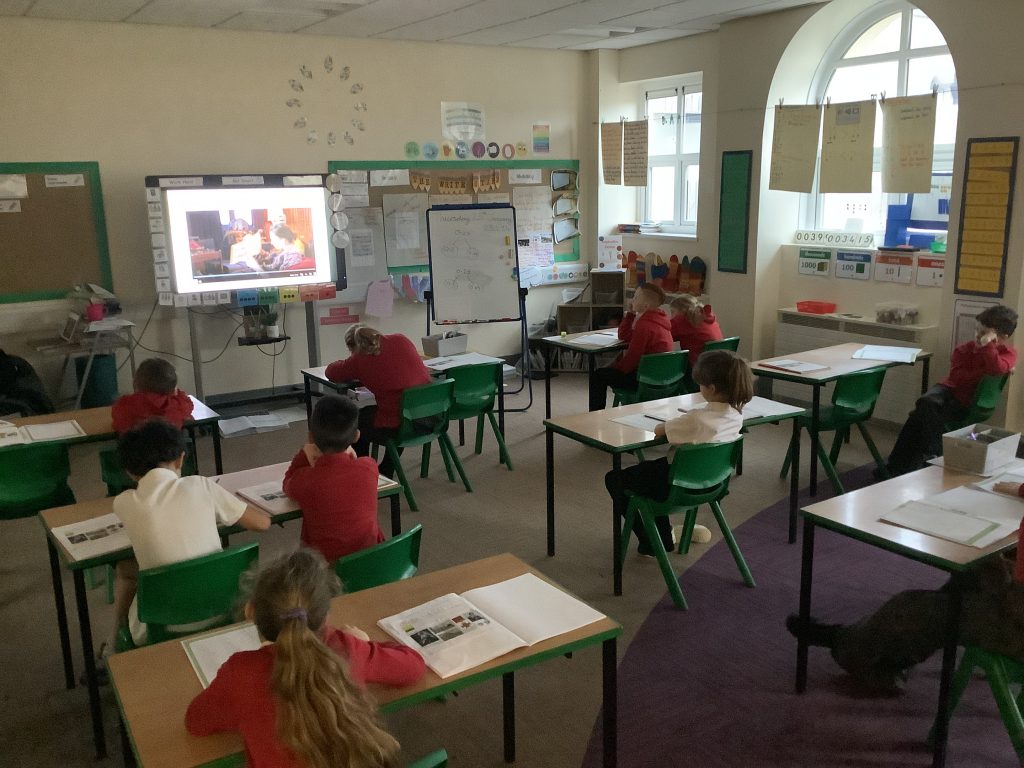
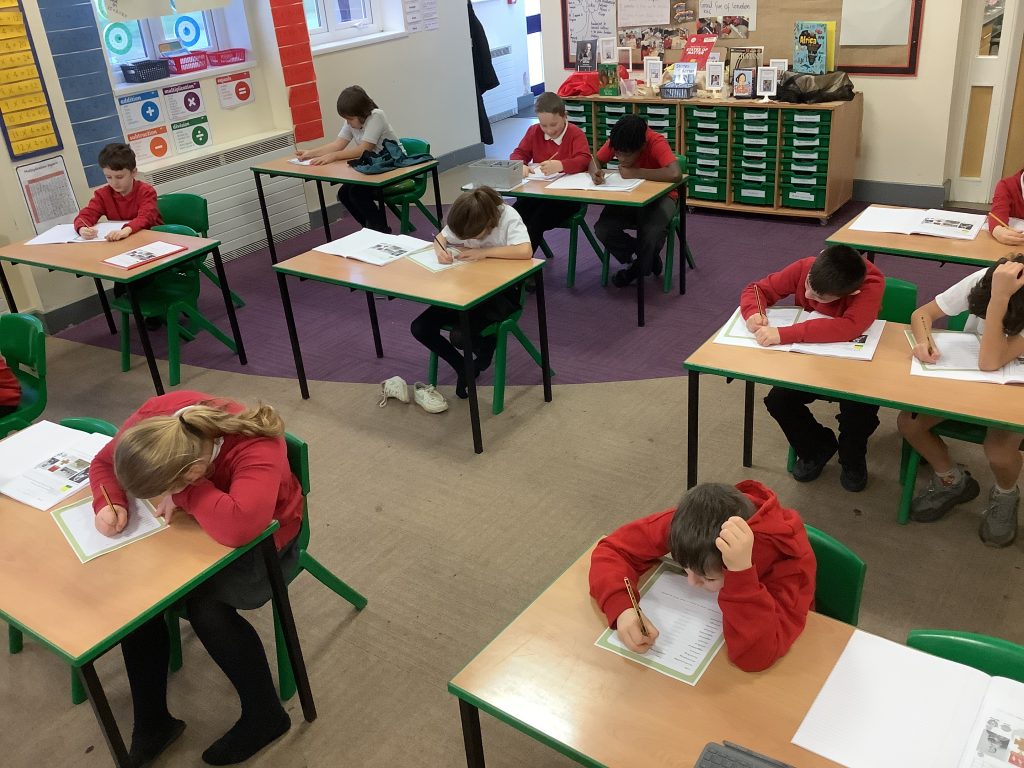
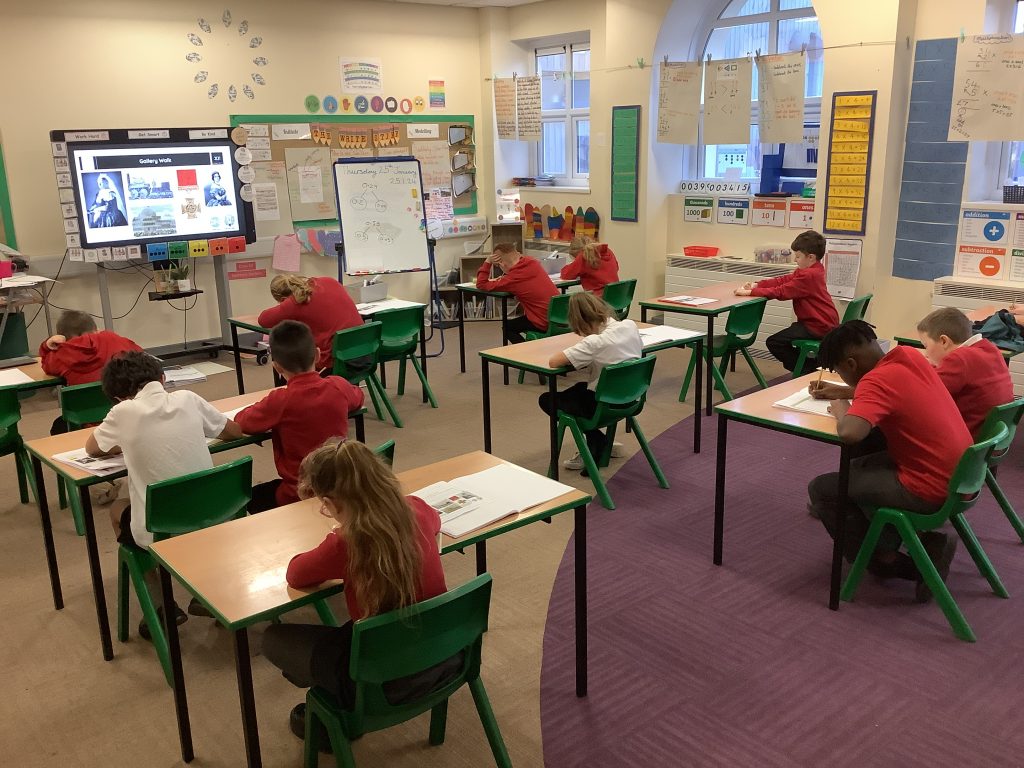
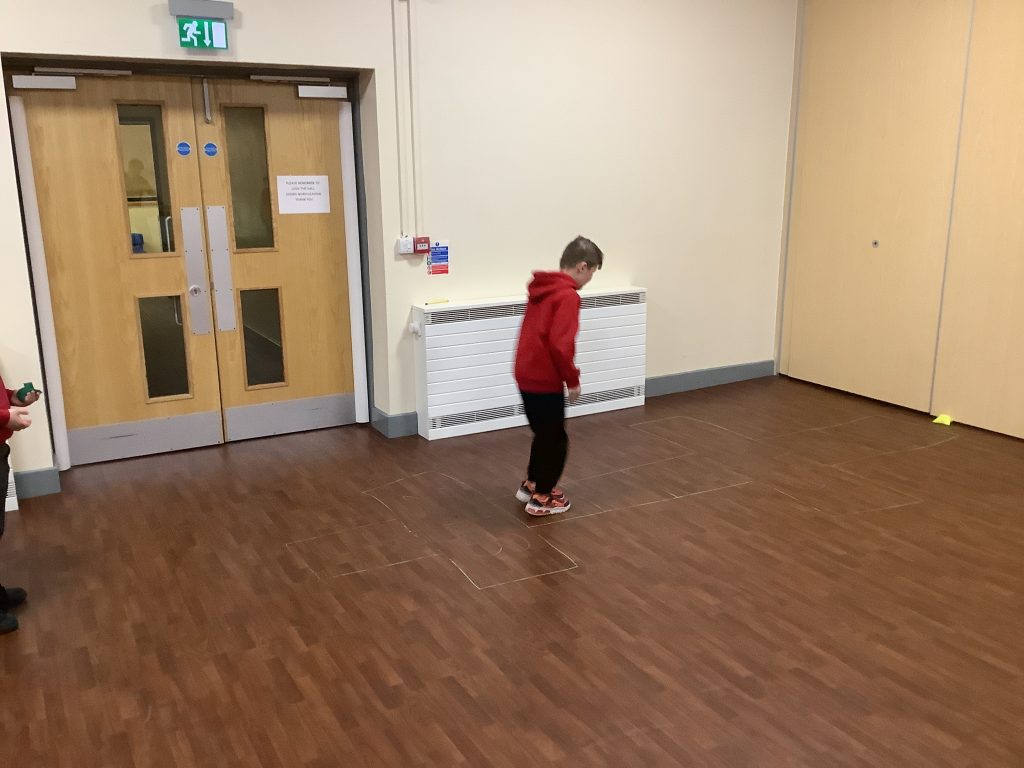
Today we started to think about what a historian is and what history is. We explored the terms chronological order, reference point and timeline. We thought about the historical events we already knew and tried to think of their place in history. We looked at and explored a world history timeline, placing the events we had voiced in the correct place. We thought about BC and AD and what these mean. We then worked in mini crews to order events in chronological order. We then looked more at where the 19th century is on our timeline and which events in history are around this time.
